Swati, a young mother, faced immense challenges after being diagnosed with cancer, a diagnosis that changed her life forever. She spent months battling the disease, enduring painful treatments and the emotional toll of being separated from her young child. Despite the overwhelming hardships, Swati's journey through illness became a turning point, revealing her inner strength and determination. Her resilience not only helped her overcome the illness but also empowered her to take charge of her life and her child's future.
Amid the 15-month ethnic divide between the majority Meitei community and Kuki-Zo tribes in Manipur, there is a place where youth from both groups come together for their future and education. In a special educational project run by the NGO NIEDO and the Assam Rifles, a paramilitary force, young girls and boys from both groups unite, believing that leaving the past behind and focusing on the future is key to restoring peace in violence-stricken Manipur. Despite the state’s deep divisions, these students hold onto the hope of one day reconnecting with friends from other communities.
Chetan Shyam, a 27-year-old from Shimla in Himachal Pradesh, was a bright student inspired by his revered grandfather. His life took a drastic turn when he first consumed ‘bhaang,’ a locally popular cannabis derivative, as a child. In Himachal Pradesh, where cannabis cultivation and consumption are culturally ingrained, drugs are easy money and a gateway to more dangerous substances. Chetan also spiralled into synthetic drug addiction, abandoned his education, and turned to drug peddling to sustain his habit, leading to his social downfall. He believes societal shame on addicts perpetuates their struggle, driven by a system of greed involving locals, complicit police, drug mafias and politicians.
(WATCH): Raj Kumar Rana, a Dalit Sarpanch from Nurpur Village in Punjab, has been committed to the development of his community. Despite his earnest efforts, state-level party politics have significantly hindered his progress. The Panchayati Raj system, designed to empower local communities and promote responsive governance, faces challenges when state politics intrude. In the case of Sarpanch Rana, his firm stance leads to unforeseen consequences for him and his family.
Sawmte, a 17-year-old from the Kuki-Zo tribe in Manipur, is deeply affected by the ethnic violence that erupted involving the majority Meitei community and the Kuki-Zo tribal people on May 3, 2023. On witnessing the attacks on their community by Meitei extremist groups, who were allegedly joined by sections of state police, the Kuki-Zo youth – including some teenagers like Sawmte – have put their dreams on hold to defend their tribal homeland. The ongoing struggle casts a long shadow over Manipur’s future, threatening to shape a generation defined by conflict and division.
Divya, a single mother, encountered significant challenges following a car accident, an event that altered her life forever. She endured nearly a year of being bedridden, isolated from her son and struggling with uncooperative home nurses. Little did she know that these hardships would lead her to discover herself and take control of both her life and her son's, a fruit of her resilience.
Arjun Sahariya, a member of Madhya Pradesh’s Sahariya tribal group, courageously opens up about the atrocities inflicted upon his family. His situation is a representation of the increasing number of atrocities against tribal groups in the central Indian state which boasts the highest population of tribal communities.
Tulsi, a former Naxalite, was forcibly abducted and had no option but to join the Maoist army, suffering greatly under the insurgents. In the same Maoist-State conflict in Chhattisgarh state, Soni Sori, a former educator and tribal rights activist, endured brutality and sexual assault at the hands of the police. In the volatile region of Bastar, often referred to as the "Red Corridor,"…
Kai Neu, a nurse, and Thanghoulal, a driver, represent many from the Kuki-Zomi tribes who have suffered ceaseless violence since May 3, 2023, in Manipur, a state in Northeast India. They inhabit Churachandpur district, which remained inaccessible with no Internet connectivity either.
Mohammed Soheb, a farmer residing in the predominantly Muslim district of Nuh in the North Indian state of Haryana, has long endeavored to shed light on its status as India's least developed district. Soheb, along with his fellow Nuh inhabitants, has always taken pride in the harmonious coexistence of Muslims and Hindus in the region.
Neelam Devi, from India's Bihar state, and her family were once unable to afford basic necessities such as oil for cooking, clothing, and even soap for personal hygiene. This dire situation forced her husband to leave and work as a labourer in Delhi, hundreds of kilometres away. Though they are now able to afford food, her two daughters still had to drop out of school.
Shreya went through panic attacks after being sexually harassed by men in Delhi, India?s national capital which is also known as the country?s most unsafe city for women. Her fear led her to look for empowerment, which she finally found. But that didn?t mean she was now safer than other women in the city.
It was out of curiosity that Pavitra tasted alcohol for the first time when he was at school. His adventure soon turned into drug abuse, addiction.... and even crime. The story of Pavitra, who lives in Punjab state's Sri Muktsar Sahib district, may resemble the stories of nearly four million people in the state who abuse substances.
Jaihind, Ramesh and Baburam live in Uttar Pradesh state, which reported 12,714 cases of atrocities against #dalits in 2020, the highest in India, as per the government data. The three men, from the state’s Mahoba district, tell us what discrimination and violence look like despite legal protections they have had, on paper, for decades.
Suman (name changed) was trafficked from Kolkata city to a village in Haryana state to be married to a man. With the sex ratio of 911 females per 1000 males, as per the National Family Health Survey-5 (2020-2021), Haryana has more than 130,000 trafficked brides who come from impoverished parts of India.
Nirmal Kaur, a Sikh woman, was just 13 years old when she witnessed her father?s killing during an anti-Sikh massacre in 1984 after the then Indian Prime Minister Indira Gandhi was assassinated by her two Sikh bodyguards. Thirty-eight years later, the Kaurs continue to fight for justice.
Reena Kerketta, one of India’s 6.6 million tribal Christians, is recovering from a severe head injury she sustained after an attack in her home in the tribal-majority Khunti district in the eastern state of Jharkhand. Host Harshita Rathore visits the Kerkettas to explore what identity-based discrimination …
Lakshmi Gauniyal's day starts at dawn and she rests only after dusk. She does all the work, from preparing meals to cutting wood from trees to sowing seeds in their agricultural field and earning money from labour under the government's social security measure MNREGA. Had it not been for women like Lakshmi, families would have been compelled to migrate away from their villages in Uttarakhand state's mountainous Pauri Garhwal district.
Jawahar Singh Jatav, one of the more than 160 million Dalit people in India, is still recovering from his injuries after he and his family were attacked for drinking water from a tap inside a temple in Rajasthan state?s Bharatpur area. Host Harshita Rathore visits the Jatavs…
Fleeing Kashmir in 1990, as over 70,000 other families did under threat from violence by Islamist militants, the Kaw family resettled in the northern India but they still miss their home. Host Harshita Rathore explores what identity-based discrimination and violence do to the minds and hearts of members of a community.
Women from rural India assemble in a village in the north Indian state of Haryana to take an oath, and declare, that they will not marry, or allow other women in their families to do so, before they are 21 years old. Could this be the beginning of a revolution among the country’s women?
A young woman, Barkha (not her real name), goes through discrimination and sexual abuse at home, which, an activist says, may serve as anecdotes about what many girls and women in the north Indian state of Rajasthan experience due to a high level of gender inequality.
Nearly four years after their son was lynched for being Muslim, the Khan family in the northern state of Haryana struggles to cope with the grief while fighting for justice. Host Harshita Rathore explores what identity-based discrimination and violence do to the minds and hearts of members of a community.
Raj Kumar Rana, a Dalit Sarpanch from Nurpur Village in Punjab, has been committed to the development of his community. Despite his earnest efforts, state-level party politics have significantly hindered his progress. The Panchayati Raj system, designed to empower local communities and promote responsive governance, faces challenges when state politics intrude. In the case of Sarpanch Rana, his firm stance leads to unforeseen consequences for him and his family.
Society
In the Union Territory of Jammu & Kashmir, households commonly face frequent power outages and struggle with unaffordable electricity tariffs. This, despite the region's immense potential for hydroelectric power generation. Asad Ullah Mir describes the developmental injustices his community endures due to the extraction of hydroelectric power. Meanwhile, Abdul Hamid, a 50-year-old resident of Dal Gate in Srinagar, discusses the tough choices low-income families must make between electricity and basic necessities. This raises a pressing question: Why must the people of this region endure cold, dark winters?
Bhukhal Ghasi, a 50-year-old laborer from Bokaro district in Jharkhand, had a family of seven to support. Amidst existing poverty and food scarcity, he struggled to find work. The situation worsened when he died of hunger in March 2020. Tragically, Bhukhal’s family faced another loss just a few months later. Jharkhand is the lowest-performing state in India’s ‘Zero Hunger Goal’ of SDGs, accounting for 33 of the 99 starvation deaths between 2015 and 2020. The state’s negligence left Bhukhal waiting for months to receive a ration card.
Nearly half of Mumbai's population resides in slums mirroring the spatial and economic fragmentation seen across Maharashtra. This economic inequality disproportionately impacts the most vulnerable. Jahana, who arrived in Mumbai at the age of 14 with her father in pursuit of a brighter future, has seen little improvement in her circumstances. Amidst the struggle to survive within Mumbai's stark rich-poor divide, she encountered tragic events when her children fell ill due to the poor living conditions in the slum. Jahana fears whether she will be able to secure a better and healthier future for her children.
If you are living in Delhi, you might lose 12 years of your life because of air pollution. Jyoti Lavakare Pande, an author and a journalist from Delhi, writes an open letter to highlight the intensity of pollution in Delhi. She reflects on her mother's vibrant and resilient life, filled with smiles and melodies. Her mother, Kamale Pande, a classical vocalist, was diagnosed with terminal lung cancer, struggling for every breath in Delhi's pollution. She pens down her mother’s journey to raise awareness about the invisible killer looming in Delhi’s air.
Mangal Markami was the first in his family to pursue education. However, due to an unsupportive school atmosphere and the demands of his tribal culture, he quit school after successfully completing his 10th grade.
Kaolin, or China clay, is a mineral harmful to both humans and the environment. Located in Kharia Village in West Bengal state?s Birbhum District, is a Kaolin mine and processing unit owned by Patel Nagar Minerals Pvt. Ltd. Founded in 1955, it?s one of India's longest-standing China clay processing units. The unregulated pollution from this unit poses a significant health risk to locals, damaging soil, groundwater and agriculture, and severely affecting the region's ecosystem. This story, by Kolkata-based filmmaker Subhrajit Sen, explores the mining?s impact on workers and villagers. It was produced with support from Internews? Earth Journalism Network Asia Pacific Grant 2022.
Young women Laila and Rajanti, like many other women from Madhya Pradesh state's Sahariya tribe, were able to conceive. However, what happened after the birth of their children was not in their hands. The Sahariyas are one of the 75 "particularly vulnerable" tribes of India.
Jhabe Ram bursts into tears as he narrates how a landslide swept away his family's house in Himachal Pradesh state, killing eight members of their joint family, including his wife and two children as well as his brother and his entire family. This northern state in the Himalayas is no stranger to natural calamities.
Adarsh Kumar, a self-motivated, bright student from Bihar, aspires to pull his family out of poverty. However, he has little more than his resolve to take him closer to his dream, by serving in the Indian Army. To pass every stage of recruitment, and there are many, can his determination compensate for…
Harsimranjit Singh spent much of his youth looking after his father, who had cancer. Fazilka, where he lives, is one of the 11 districts that comprise Punjab state's "cancer belt," the Malwa region. In the nearby Ferozepur district, Kuldeep Singh had to quit farming as his wife was diagnosed with cancer.
Munna Singh, 19, a second-generation migrant worker, is a full-time supplier of water bottles and a part-time dog walker in the slums of Govindpuri, Delhi. As he is working hard to make ends meet for his family, his life resembles that of millions of interstate migrant workers in India’s capital. Here’s a day in his life.
Sudhir Yadav is a farmer who lives in one of the 78 sub-districts of Haryana state where the groundwater is depleting faster than it can replenish. Yet, like other farmers, he had no option but to keep digging deeper and deeper into the ground in search of water for irrigation until he learned the hard way.
Few kilometres from the India-Pakistan border, people in Barmer district of the western state of Rajasthan face extreme water shortage. In scorching heat, women in this desert area spend several hours fetching water from the nearest wells. On an average, they walk about 2.5 kms to reach a water source and make many rounds each day.
Sheeraz Ali's eight-year-old daughter, Rahima, fell ill with a "mysterious" viral fever, which spread like a wild fire among children in Uttar Pradesh state's Firozabad district in August 2021. In a letter to the district administration, Ali pours out his heart as he narrates what happened after Rahima's sickness.
Sarveshwar Prasad?s family is among the very few people in his village in northern India?s Uttarakhand state who have not migrated away out of fear of leopards. These wild cats are often seen wandering in residential areas in the state?s Pauri Garhwal district and sometimes mauling humans, even to death.
Host Mariya Rajan's quick visit to three hamlets near lush green tea gardens in Siliguri city and surrounding areas reveal that at least one child has gone "missing" in each of them. Was it just a coincidence, or is something changing in that region - which, being a gateway to the northeast India as well as the neighbouring countries …
Shama (name changed) and her underage daughter are brought from West Bengal state to Mumbai city by human traffickers with the promise of a job. Soon they find themselves in separate brothels. Their stories reflect what many of the more than 1,600 girls and women in Mumbai …
A seven-year-old girl witnesses her mother?s death after a portion of land caves in, burying her under debris in Jharia coalfields in India's Jharkhand state, where an underground fire has been raging for over 100 years due to unscientific mining. The girl's father, Dilip Bauri, recalls the incident …
Series host Mariya Rajan goes for an arduous walk on the mountains of Almora district of Uttarakhand state with a local resident, Janaki Devi, who fetches water three times a day from the nearest stream that is kilometres away.
Shaheen (not her real name) is one of many women in West Bengal state?s Murshidabad district who believe that when men propose for marriage, they do so out of true love, not knowing that it could be mere pretence of love being used by human traffickers to sell them for labour or sex, or both.
Nikita Mehra treks for half an hour every day to reach the nearest road above her house in Almora district of the northern state of Uttarakhand, only to walk six more kilometres to attend school. Many other girls, however, have dropped out of school due to safety concerns.
Two underage girls from India’s eastern state of Jharkhand narrate how they were trafficked from the tribal-majority district of Gumla to the country’s city of Delhi for domestic work.
Kusum and Pinki are just two of the millions of women in rural India who do not have access to a toilet. The two live in a village in the northern state of Haryana, which according to the Indian government, is open-defecation free. Local activist Sameer Bakshi?s family raises the issue.
The lives of the people from a small community in Delhi revolve around waiting for the water truck their only source of water to arrive. It’s supposed to come daily, but it doesn’t.
A tragedy strikes Mahima Gupta after her husband, Neeraj Gupta, a government employee, is sent on election duty amid a raging pandemic.
Raj Kumar Rana, a Dalit Sarpanch from Nurpur Village in Punjab, has been committed to the development of his community. Despite his earnest efforts, state-level party politics have significantly hindered his progress. The Panchayati Raj system, designed to empower local communities and promote responsive governance, faces challenges when state politics intrude. In the case of Sarpanch Rana, his firm stance leads to unforeseen consequences for him and his family.
The second wave of the coronavirus in India appears to be beginning to subside in cities, but the spread of COVID-19, it seems, is shifting to villages, which look even more unprepared (than cities) to deal with the crisis.
A young journalist, Rahul Suryawanshi, shares about the efforts he made to save the life of his father, Toran Singh Suryawanshi, a government school teacher who gets infected with COVID-19 after going on a vaccine-awareness duty.
Governance
It's been over 16 months since ethnic violence erupted in the northeastern state of Manipur, involving the majority Meitei community and the Kuki-Zo tribes. The resulting divide is so severe that an unofficial border has effectively separated the two communities within the state. As the violence carries on, efforts by the state and central governments to resolve the crisis appear minimal, and the future remains uncertain. To gain insight into what lies ahead, host Harshita Rathore sat down for dinner with a Kuki-Zo leader, Dr. Chinkholal Thangsing, who heads the Kuki People’s Alliance. Affectionately known as Dr. Lal, he proposes a solution he believes could potentially lead to lasting peace.
Fahad Shah was a student in 2009 when he launched Kashmir Walla, a modest blog that would grow into a vital voice in the fraught landscape of Jammu & Kashmir. Over the years, Shah’s work came to embody a passionate dedication to journalism—until 2022, when he was arrested under India’s stringent anti-terror laws, accused of 'propagating terror.' He is not alone. Since the Indian government's abrogation of Article 370, which revoked Jammu & Kashmir's special status, journalism in the region has become increasingly difficult. In this account, Shah reflects on his journey, the evolution of Kashmir Walla, and the 600 days he spent as a prisoner.
Umar Khalid, who once dreamed of playing cricket for India, now faces serious terrorism charges from the government. The vilification spurred by media trials reached its peak with a chilling assassination attempt. He's been in prison for 3.5 years as of March 2024, highlighting a worrying crackdown on dissent in India. This is his story, as told by his loved ones.
The video delves into the lives of Delhi's slum dwellers, whose homes perpetually face the threat of demolition. In a recent case, on May 19, 2023, residents of Priyanka Gandhi Camp in Vasant Vihar, Delhi, received official notices from the National Disaster Response Force (NDRF) to vacate the land by June 15, 2023. Despite legal battles fought by the PG camp residents, their ‘Jhuggis’ (slums) were ultimately demolished. Between April 1 and July 27, 2023, Delhi witnessed 49 demolition drives. In 2023, at least 1600 homes have been destroyed and about 2,50,000 are homeless in India’s Capital. This story is about the plight of those who become homeless overnight.
Bhupat Bhai Sekhaliya, a diligent and hardworking rickshaw driver from Gujarat, belongs to the Dalit community. Despite his unwavering dedication, the respect he deserves eludes him, particularly from individuals of "upper" castes in his vicinity. Many daily activities, deemed "normal" for any resident, remain inaccessible to him. Defiance can lead to physical assault. However, Bhupat's story is not an isolated incident. In Gujarat, the spectre of violence against Dalits looms large, with an average of four cases reported daily. The past seven years have seen a staggering total of over 9,000 documented instances of such violence.
In Maharashtra's #gadchiroli district, Lalsu bravely exposes the environmental and cultural impacts of #mining. Shockingly, 21 tribals from 70 villages are arrested for protesting against injustice. Protest, their sole voice, is under threat as the government’s heavy-handed suppression of dissent intensifies, revealing a disturbing pattern.
Thakur Ram Orkera is just one of many tribals who depend on the forest for their daily needs. However, their source of survival is at stake. Orkera, along with thousands of other indigenous individuals in Chhattisgarh's Hasdeo forest region, faces the potential loss of both livelihood and cultural heritage due to governmental interventions and a major corporation's coal mining plans. Undeterred, Thakur and the Adivasis are resolute in their stance: enough is enough.
Newsreel Asia revisits Manipur, a state in Northeast India, now besieged by near-daily attacks since May 3, 2023. Moving from survivors' homes to violence epicentres, this mini-documentary investigates alarming accusations that implicate both local extremist factions and state security forces in the attacks on the Kuki-Zo tribal community.
Rashmi Singh and Sadaf Khan, like many women in Madhya Pradesh state, aspire to participate in public life by running for elections. They have joined the ongoing movement advocating for equal representation of women in Indian politics. Presently, women hold less than 15% of seats in the country's parliament and most state Assemblies.
Gulfisha Fatima, a former student turned activist from Seelampur in Delhi, was arrested by the Delhi Police in April 2020. Alongside numerous other activists who participated in the anti-CAA movement, she faced charges under anti-terror laws and was booked under the stringent UAPA (Unlawful Activities Prevention Act).
Gurwinder Singh is a Dalit Sikh. His family has a history of working as bonded labourers, known as "Seeris," for landowning farmers in Bauran Kala village in the Sikh-majority Punjab state. His father, now 65 years old, is still working as a "dung-rubbish picker," a job predominantly done by Dalit Sikhs, who are landless and impoverished.
Chandeshwar Manjhi, a teacher in Bihar, is working to empower the Musahar community, a marginalized group of roughly 2.2 million people who are among the most oppressed in the state. With a low literacy rate and a history of poverty and discrimination, Musahars are the lowest of the low in India?s caste hierarchy.
Ravinder Kumar Mehra, a resident of Himachal Pradesh state, still feels uprooted, 50 years after his family was displaced from their land. Tens of thousands of other families also continue to pay the price for the construction of Pong Dam on the Beas River, even as justice remains a distant dream.
Tenzin Lekshay is one of the 30,000 Tibetan refugees living in Mcleodganj town in the north Indian state of Himachal Pradesh. His family fled to India with the Dalai Lama, along with 80,000 other Tibetans, after a failed uprising in 1959. In his conversation with the host Harshita Rathore
Kartam Kosa, a tribal man from Chhattisgarh state, and his family fled their home in 2005, when fighting between Maoist insurgents and a civilian militia, Salwa Judum, intensified. About 55,000 tribal people left their ancestral homes and found refuge in the forests of neighbouring states.
A young Rohingya man, Ali Johar, fled persecution in Myanmar?s Rakhine state and later made his way to India, as he had heard that Indian people and their government were kind-hearted. Did he, and his fellow refugees, experience that kindness?
Sucheta Tomar, a farmer and housewife in Uttarakhand state's Lohari village, is one of the many residents who lost their ancestral homes due to a hydropower project by the state government. Their home submerged in flood water, Sucheta and her husband now live in a classroom of an abandoned school.
Police in Uttar Pradesh state arrest, on average, more than 300,000 residents each year, out of which tens of thousands end up in judicial #custody as accused. On paper, the State assumes responsibility for a person that it takes into custody, but, in reality, police and jail authorities blatantly rob detainees…
Duka Devi is nearly 100 years old but her activist spirit appears to be as youthful as it must have been during the ?Chipko? movement she was part of decades ago. In that agitation in Raini village in Uttarakhand state?s Chamoli district in the 1970s, women from the Bhotia indigenous community hugged trees and offered to be shot by loggers, successfully preventing fell of trees.
Kamal Masih, a lawyer practising in a region near India’s border with Pakistan, has represented many victims of discrimination and violence against Dalit Christians in Punjab state. However, Hindu nationalists claim that Christians seek to convert Dalits by offering monetary benefits.
Mohammed Arif, a resident of Khori Gaon village in the northern state of Haryana, awaits the demolition of his house, just as more than 100,000 other area residents do after the Supreme Court of India?s ruling that the village sits 'illegally' on a forest land.
Prof. Apoorvanand from Delhi University speaks to Newsreel Asia’s Asad Ashraf on the idea of university and why and how universities are under attack in India.
Kaazim Ahmad, a 62-year-old man, was stripped and beaten with a blunt object due to his Muslim identity in Noida city in the National Capital Region on July 4. He narrated the incident to Asad Ashraf and Surabhi Singh.
DEMOCRACY
Irshad, a 32-year-old cab driver from Kashmir, embodies the dreams and disillusionment of many in his homeland. Once a promising cricketer and a Master’s degree holder in English Literature, Irshad’s quest for meaningful employment for over a decade drew a blank. Unemployment, mostly fuelled by the political and economic instability in Jammu & Kashmir, has left the youth with unfulfilled aspirations. Recent data suggests Kashmir has an astounding unemployment rate of 24.6%, significantly higher than the national average of 6.1%. The ripple effects are tragic: rising crime, rampant drug addiction, and an alarming increase in suicides.
Benjamin, a Kuki-Zo man and father of five in Manipur’s Churachandpur district, struggles daily to meet his family's needs amid ongoing ethnic violence. The unrest, which began over a year ago, has severely impacted the state's economy, with retail inflation soaring to 11.63% in November 2023, compared to the national average of 5.55%. The prices of essential goods have skyrocketed in this border district, which remains cut off from the commercial hub of the Meitei-dominant Imphal region, about 60 km away. All goods now come through mountainous terrain, covering a distance of over 800 km. How is Benjamin’s family – and other residents – surviving this economic crisis?
Gujarat stands as India’s foremost salt-producing state, contributing 85% to the nation's total salt output. Within Gujarat, 31% of this production originates from the Agariya community living within the Little Rann of Kutch. Despite being the primary contributors to the salt industry, the Agariya people find themselves receiving the smallest share of profits. Furthermore, they grapple with the adverse effects of climate change, directly impacting their livelihoods. In this narrative, Bhopa and Gunand, two Agariya salt farmers, shed light on the disparity in earnings within the salt farming sector.
Maharashtra holds the unfortunate record for the highest number of farmer and farm labourer suicides in India, witnessing an average of 11 deaths per day as. This grim reality forces many women, including Sarika, to fend for themselves and their families. Despite facing adversity, Sarika persists with unwavering determination to provide for her children.
Jai Chand, a farmer from Shimla's Kumarsain Tehsil in Himachal Pradesh, faced a devastating nightmare when a landslide claimed the lives of his son, daughter-in-law, grandson and destroyed their home. He and two other family members survived, but now they endure a life marked by grief and hardship.
Chhannu Markam lost his wife and four children. He claims that the deaths were a result of health complications arising from a polluted red-water river. He lives in Loha Village in Chhattisgarh, a state heavily reliant on its revenue from iron ore mines.
Amar Ram would hide whenever the village landlords arrived to recruit labourers, often coercing them into working in their agricultural fields for a meager wage of 2.5 kg of paddy. His wife becomes emotional whenever she recalls the time when their meals consisted of nothing more than chili and chapati.
Kuldeep, a young man in Uttarakhand state, is one among countless individuals who have abandoned their native villages, and traditional farming, to migrate to big cities in search of employment. A few kilometres away, an elderly couple, Yashoda Devi and Ramesh Chand, bear witness to this mass migration, living alone in their now desolate village.
Deba Manjhi, a 75-year-old labourer from Bihar's West Champaran district, used to receive 3 hatai (2.25 kg) of paddy in exchange for a grueling day's work a couple of decades ago. Presently, he labours 5 to 6 hours daily in the agricultural fields owned by land-owning farmers, earning a meager wage of 150 rupees.
More than 41,000 daily-wage workers died by suicide in India in 2021, as per the government?s National Crime Records Bureau, which also showed these workers form the country?s largest group among the suicide victims. This short film depicts a day in the lives of cart pullers in the national capital of Delhi.
Radheshyam Shukhlawas, a farmer-turned-activist, lives in Rajasthan state?s Shukhlawas village in Kotputli district. People in his village and surrounding areas are dying one after another, as unregulated mines are causing particle pollution leading to lung diseases like silicosis…
Deep in debt, Gurjeet Kaur’s father lost hope, and interest, in life. Kaur’s brother, who inherited the debt, followed suit. Like Kaur, thousands of women in the agricultural state of Punjab have similar stories to tell, as farming is becoming increasingly unsustainable and more and more farmers are finding themselves…
Sunil Kumar, 22 and Neeraj Jangra, 24, are two of the hundreds of thousands of unemployed youth in the predominantly agricultural state of Haryana who have dreams tied to their ability to earn a living. Those dreams may be shattered if they continue to remain jobless, as agriculture is now largely unsustainable…
The story of Satish Kumar, a young man who lives in a small village in Uttar Pradesh state’s Chandauli district, shows how tens of millions of people in India are trapped in the cycle of poverty, with no fault of their own. Through the story he shares in this visual, open letter, Kumar points to a critical, but unaddressed…
Dhanushkodi is a southeast Indian coastal town abandoned during a deadly cyclone in 1964. But this ghost town awakens at dawn to the call and response songs of fishermen dragging at their fishing nets at the shore practicing the centuries-old shore seine fishing method.
This video was produced by the participants of the 'Video Literacy Workshop for Coastal Communities' alongside UNESCO, Wildlife Institute of India, Surbhi foundation and others with Newsreel Asia as a publishing and training partner.
As railway stations now have fairly modern infrastructure and travellers use wheel trollies, the demand for porters has gone down in recent years. COVID-19 restrictions have further brought their earnings down. This first episode of a series of short films, with no dialogues …
Fisherman M. Lakshmi Nivash asks his fellow fishermen why they are not using life jackets while fishing. What they explain goes against the notion that fishermen don't like to use such gear.
This video was produced by the participants of the 'Video Literacy Workshop for Coastal Communities' alongside UNESCO, Wildlife Institute of India, Surbhi foundation and others with Newsreel Asia as a publishing and training partner.
Raj Kumar Rana, a Dalit Sarpanch from Nurpur Village in Punjab, has been committed to the development of his community. Despite his earnest efforts, state-level party politics have significantly hindered his progress. The Panchayati Raj system, designed to empower local communities and promote responsive governance, faces challenges when state politics intrude. In the case of Sarpanch Rana, his firm stance leads to unforeseen consequences for him and his family.
Anthony Thina's has fought his debilitating childhood ailment of polio with a smile. So when Thina who comes from a fishing family saw his dried fish business evaporating during the pandemic, he found a solution in an unlikely space - his YouTube channel and Facebook Page.
This video was produced by the participants of the 'Video Literacy Workshop for Coastal Communities' alongside UNESCO, Wildlife Institute of India, Surbhi foundation and others with Newsreel Asia as a publishing and training partner.
Raj Kumar Rana, a Dalit Sarpanch from Nurpur Village in Punjab, has been committed to the development of his community. Despite his earnest efforts, state-level party politics have significantly hindered his progress. The Panchayati Raj system, designed to empower local communities and promote responsive governance, faces challenges when state politics intrude. In the case of Sarpanch Rana, his firm stance leads to unforeseen consequences for him and his family.
Deepak Kumar Nehra, a farmer from the northern Haryana state, is on his way to Delhi to join the farmers? protest to express solidarity with fellow farmers speaking out against three new farm laws, but he falls off his tractor and dies. He?s one of the many farmers who’ve died while protesting
Economy
Despite growing food, farmer Meera Bargot’s family reeled under malnutrition. A simple solution ensured them food security and healthful meals.
Bhavna Kumari came from an indigenous community who grabbed the opportunity to study away from home in a hostel. It was a big achievement to fight gender norms and complete her education. She is sure that her children will not face such an uphill battle.
Bhavna Kumari came from an indigenous community who grabbed the opportunity to study away from home in a hostel. It was a big achievement to fight gender norms and complete her education. She is sure that her children will not face such an uphill battle.
Dipali hated the prejudices and stereotyping that worked against women. So she broke them.
Dipali hated the prejudices and stereotyping that worked against women. So she broke them.
Rangiben wanted to break out of the poverty cycle through entrepreneurship. This story has been reported out of Gujarat by Anita Patel of Rudi No Radio, which is part of the late and legendary Ela Bhatt’s Self Employed Women’s Association or SEWA.
Rangiben wanted to break out of the poverty cycle through entrepreneurship. This story has been reported out of Gujarat by Anita Patel of Rudi No Radio, which is part of the late and legendary Ela Bhatt’s Self Employed Women’s Association or SEWA.
A new service offered by Savita wheels in a host of changes in the life of village resident Sakhubai.
A new service offered by Savita wheels in a host of changes in the life of village resident Sakhubai.
Kamala (name changed) was readying for her marriage. But this was no ordinary wedding. (Marathi narration)
Amid the 15-month ethnic divide between the majority Meitei community and Kuki-Zo tribes in Manipur, there is a place where youth from both groups come together for their future and education. In a special educational project run by the NGO NIEDO and the Assam Rifles, a paramilitary force, young girls and boys from both groups unite, believing that leaving the past behind and focusing on the future is key to restoring peace in violence-stricken Manipur. Despite the state’s deep divisions, these students hold onto the hope of one day reconnecting with friends from other communities.
(WATCH): Raj Kumar Rana, a Dalit Sarpanch from Nurpur Village in Punjab, has been committed to the development of his community. Despite his earnest efforts, state-level party politics have significantly hindered his progress. The Panchayati Raj system, designed to empower local communities and promote responsive governance, faces challenges when state politics intrude. In the case of Sarpanch Rana, his firm stance leads to unforeseen consequences for him and his family.
Neikochin is among the 67,000 individuals displaced by ethnic violence in Lamka, as local residents of Manipur's Churachandpur district prefer to call this region. A member of the minority Kuki-Zo tribe, she has taken refuge in one of the 115 relief camps established across the district. Basic supplies are available in the camps, but the extended displacement, combined with minimal government aid, has inflicted significant emotional and physical suffering. This crisis has resulted in the deaths of more than 100 displaced individuals, including many children. Neikochin’s 20-year-old son, Haovingly, was among those who died.
Benjamin, a Kuki-Zo man and father of five in Manipur’s Churachandpur district, struggles daily to meet his family's needs amid ongoing ethnic violence. The unrest, which began over a year ago, has severely impacted the state's economy, with retail inflation soaring to 11.63% in November 2023, compared to the national average of 5.55%. The prices of essential goods have skyrocketed in this border district, which remains cut off from the commercial hub of the Meitei-dominant Imphal region, about 60 km away. All goods now come through mountainous terrain, covering a distance of over 800 km. How is Benjamin’s family – and other residents – surviving this economic crisis?
Umar Khalid, who once dreamed of playing cricket for India, now faces serious terrorism charges from the government. The vilification spurred by media trials reached its peak with a chilling assassination attempt. He's been in prison for 3.5 years as of March 2024, highlighting a worrying crackdown on dissent in India. This is his story, as told by his loved ones.
The video delves into the lives of Delhi's slum dwellers, whose homes perpetually face the threat of demolition. In a recent case, on May 19, 2023, residents of Priyanka Gandhi Camp in Vasant Vihar, Delhi, received official notices from the National Disaster Response Force (NDRF) to vacate the land by June 15, 2023. Despite legal battles fought by the PG camp residents, their ‘Jhuggis’ (slums) were ultimately demolished. Between April 1 and July 27, 2023, Delhi witnessed 49 demolition drives. In 2023, at least 1600 homes have been destroyed and about 2,50,000 are homeless in India’s Capital. This story is about the plight of those who become homeless overnight.
Newsreel Asia revisits Manipur, a state in Northeast India, now besieged by near-daily attacks since May 3, 2023. Moving from survivors' homes to violence epicentres, this mini-documentary investigates alarming accusations that implicate both local extremist factions and state security forces in the attacks on the Kuki-Zo tribal community.
Kai Neu, a nurse, and Thanghoulal, a driver, represent many from the Kuki-Zomi tribes who have suffered ceaseless violence since May 3, 2023, in Manipur, a state in Northeast India. They inhabit Churachandpur district, which remained inaccessible with no Internet connectivity either.
Kaolin, or China clay, is a mineral harmful to both humans and the environment. Located in Kharia Village in West Bengal state?s Birbhum District, is a Kaolin mine and processing unit owned by Patel Nagar Minerals Pvt. Ltd. Founded in 1955, it?s one of India's longest-standing China clay processing units. The unregulated pollution from this unit poses a significant health risk to locals, damaging soil, groundwater and agriculture, and severely affecting the region's ecosystem. This story, by Kolkata-based filmmaker Subhrajit Sen, explores the mining?s impact on workers and villagers. It was produced with support from Internews? Earth Journalism Network Asia Pacific Grant 2022.
More than 41,000 daily-wage workers died by suicide in India in 2021, as per the government?s National Crime Records Bureau, which also showed these workers form the country?s largest group among the suicide victims. This short film depicts a day in the lives of cart pullers in the national capital of Delhi.
It was out of curiosity that Pavitra tasted alcohol for the first time when he was at school. His adventure soon turned into drug abuse, addiction.... and even crime. The story of Pavitra, who lives in Punjab state's Sri Muktsar Sahib district, may resemble the stories of nearly four million people in the state who abuse substances.
As railway stations now have fairly modern infrastructure and travellers use wheel trollies, the demand for porters has gone down in recent years. COVID-19 restrictions have further brought their earnings down. This first episode of a series of short films, with no dialogues …
Duka Devi is nearly 100 years old but her activist spirit appears to be as youthful as it must have been during the ?Chipko? movement she was part of decades ago. In that agitation in Raini village in Uttarakhand state?s Chamoli district in the 1970s, women from the Bhotia indigenous community hugged trees and offered to be shot by loggers, successfully preventing fell of trees.
Sarveshwar Prasad?s family is among the very few people in his village in northern India?s Uttarakhand state who have not migrated away out of fear of leopards. These wild cats are often seen wandering in residential areas in the state?s Pauri Garhwal district and sometimes mauling humans, even to death.
Kamal Masih, a lawyer practising in a region near India’s border with Pakistan, has represented many victims of discrimination and violence against Dalit Christians in Punjab state. However, Hindu nationalists claim that Christians seek to convert Dalits by offering monetary benefits.
About 200 people barged into a church in Roorkee city’s Solanipuram area in Uttarakhand state on Oct. 3, vandalised its property and beat up Christians, including women. When the Christians filed a police plaint, three people lodged a counter complaint alleging that workers of the church …
Women from rural India assemble in a village in the north Indian state of Haryana to take an oath, and declare, that they will not marry, or allow other women in their families to do so, before they are 21 years old. Could this be the beginning of a revolution among the country’s women?
A seven-year-old girl witnesses her mother?s death after a portion of land caves in, burying her under debris in Jharia coalfields in India's Jharkhand state, where an underground fire has been raging for over 100 years due to unscientific mining. The girl's father, Dilip Bauri, recalls the incident …
Mohammed Arif, a resident of Khori Gaon village in the northern state of Haryana, awaits the demolition of his house, just as more than 100,000 other area residents do after the Supreme Court of India?s ruling that the village sits 'illegally' on a forest land.
Millions of people in India’s West Bengal state have been facing the brunt of meandering rivers for years. Over the last decade, entire villages living on ?Charlands? ? river islands that emerge as a result of a river changing its path’s have had to move to nearby patches of land for up to 16 times.
Three decades after his brutal displacement, Rajinder Koul Premi, a Hindu from Kashmir, is still looking for answers, especially what led to the collapse of the region?s syncretic society? Will he get the answers? Will he be able to reconcile with the loss?
Nikita Mehra treks for half an hour every day to reach the nearest road above her house in Almora district of the northern state of Uttarakhand, only to walk six more kilometres to attend school. Many other girls, however, have dropped out of school due to safety concerns.
Kusum and Pinki are just two of the millions of women in rural India who do not have access to a toilet. The two live in a village in the northern state of Haryana, which according to the Indian government, is open-defecation free. Local activist Sameer Bakshi?s family raises the issue.
Raj Kumar Rana, a Dalit Sarpanch from Nurpur Village in Punjab, has been committed to the development of his community. Despite his earnest efforts, state-level party politics have significantly hindered his progress. The Panchayati Raj system, designed to empower local communities and promote responsive governance, faces challenges when state politics intrude. In the case of Sarpanch Rana, his firm stance leads to unforeseen consequences for him and his family.
A tragedy strikes Mahima Gupta after her husband, Neeraj Gupta, a government employee, is sent on election duty amid a raging pandemic.
A young journalist, Rahul Suryawanshi, shares about the efforts he made to save the life of his father, Toran Singh Suryawanshi, a government school teacher who gets infected with COVID-19 after going on a vaccine-awareness duty.
SHORT-DOCS
One of the key proposals in the latest banking reform bill, which was debated in the Lok Sabha on Dec. 3, is to cut the government’s stake in public banks from 51% down to 26%. Some opposition members are calling it a move toward privatisation. There are at least four major concerns for citizens regarding Banking Laws (Amendment) Bill, 2024, that the government needs to address.
Ten young men from the Kuki-Zo community in Manipur's Jiribam district recently lost their lives in what's been reported as a gunfight with personnel from the Central Reserve Police Force (CRPF). The CRPF claims these individuals, labelled as “militants,” had attacked a local police station and a nearby CRPF camp. However, subsequent post-mortem reports, seen by Newsreel Asia, cast doubt on the legality and ethics of the actions taken by the paramilitary force.
U.S. President-elect Donald Trump has warned BRICS members, including India, against pursuing alternatives to the U.S. dollar, threatening economic retaliation and saying that any efforts to create or support a BRICS currency could lead to severe trade penalties.
The Election Commission of India (ECI) will review voter turnout figures and investigate allegations of Electronic Voting Machine (EVM) tampering in Maharashtra, in response to concerns raised by the Congress party regarding the transparency of the recent state assembly polls.
A judicial commission has been established to investigate the communal violence that erupted in Sambhal, Uttar Pradesh, after a second survey of the Shahi Jama Masjid resulted in four deaths and widespread unrest. The incident, which involved clashes between locals and authorities over claims that the mosque was constructed on the remains of a temple from the Mughal era, quickly escalated to a point where over 2,500 individuals were booked.
The Indian government is under mounting pressure to respond decisively to the indictment of Gautam Adani in the United States for alleged bribery and fraud. The charges against the Adani Group, which include accusations of substantial bribes to secure solar power contracts, demand government action to protect India’s global business reputation and domestic corporate culture.
Nov. 27 marked the “cleanest” day of the month in Delhi, with the Central Pollution Control Board (CPCB) reporting a 24-hour average AQI of 303 for the city. According to researchers, breathing air with an AQI over 300 is roughly equivalent to smoking about 25 cigarettes a day. This implies that each winter, the millions of residents in and around Delhi effectively “smoke” at least 1,600 cigarettes, as the capital is shrouded in a suffocating blanket of smog for around 65 days between October and January.
Manipur is burning yet again, marking its third major escalation since the violence began in May 2023. The initial outbreak and the three subsequent flare-ups have almost seemed predictable, each coinciding with challenges to the leadership of Chief Minister N. Biren Singh.
The Uttar Pradesh (UP) State Women’s Commission has proposed a series of measures aimed at protecting women from harassment, including unwanted advances and inappropriate physical contact. These measures include prohibiting men from taking measurements of women in tailor shops, cutting their hair or training them in gyms. What impact would this proposal have on the residents if it were enacted? I went out to collect their reactions.
On Oct. 21, Ladakhi climate activist Sonam Wangchuk concluded his 16-day hunger strike after the Union Ministry of Home Affairs agreed to resume discussions on the four key demands made by local leaders. The most crucial demand of the people of Ladakh is for greater autonomy through statehood and inclusion under the Sixth Schedule of the Indian Constitution. Speaking to Newsreel Asia, a leading Ladakhi activist elaborates on the rationale behind these demands.
Rahul Gandhi, the leader of the opposition, has reaffirmed his commitment to implementing a national caste census, this time focusing on making Telangana a model state for such an initiative.
If you tune into mainstream media, especially in India, you might find yourself asking, “What the heck is going on in Bangladesh?” With that same question in mind, we left Delhi for Dhaka, the capital of Bangladesh. However, our six-day journey through Dhaka and Dinajpur left us feeling more hopeful than fearful about Bangladesh’s future.
The Supreme Court Bar Association (SCBA) has raised objections to what it calls a “unilateral” decision by India's Chief Justice to alter the iconic “Lady Justice” statue without consulting the body of lawyers. According to the bar, the top court's decision to install a new version of the statue—in a saree, with scales in the right hand, a book symbolising the Constitution in the other, and without the blindfold—is just one of several decisions made without prior consultation.
The unveiling of the new Lady Justice statue in India’s Supreme Court—a figure without a blindfold and holding the Constitution instead of a sword—is being celebrated by some as a step towards shedding colonial symbols and embracing a new era of justice. However, this superficial gesture fails to address the deep-rooted issues plaguing the country’s judicial system.
India and Canada have plunged into a deep diplomatic crisis, each expelling the other’s diplomats amid escalating tensions over the alleged assassination of a Sikh separatist leader Hardeep Singh Nijjar on Canadian soil last year.
India shows serious levels of hunger, reports the 2024 Global Hunger Index, despite its GDP continuing to grow. In the 2024 Global Hunger Index (GHI), India ranks 105th out of 127 countries, with a GHI score of 27.3, indicating a serious level of hunger, despite GDP growth averaging 6.33%.
Having traveled 1,000 kilometers on foot, a group is now on a 21-day hunger strike in Delhi, advocating for statehood for their homeland, Ladakh, in the Himalayas in India. On the sixth day of their fast, Oct. 11, I spoke with Mehdi Shah, a key member of the group, to understand why they are so passionate about statehood and fearful of remaining a Union Territory after four years of direct governance by a distant central authority.
Sonam Wangchuk, a climate activist from Ladakh, and his associates have initiated a new 21-day hunger strike after officials from the central government declined to meet with them. Wangchuk and about 150 others undertook a journey on foot from Leh to the national capital, aiming to draw attention to their demands, including statehood. Further, they have reportedly been denied permission to hold a peaceful protest in Delhi.
When you buy vegetables from the market, have you ever wondered how much of the money you spend actually ends up in the pockets of the farmers who grow them? A study by the Reserve Bank of India (RBI) suggests that only about one-third of the money you spend on tomatoes, onions and potatoes, commonly referred to as TOP, ends up with the farmers.
A report on India by the U.S. Commission on International Religious Freedom (USCIRF) indicates a decline in religious freedom, particularly during and following the 2024 Lok Sabha elections. The Indian government has rejected the report, labelling USCIRF as biased and politically motivated, though without addressing the specifics of its content.
Raghuram Rajan, a former Governor of the Reserve Bank of India (RBI), says in a media interview that he is opposed to the idea of excluding food prices from the calculation of headline inflation—essentially the overall change in prices. His concern stems from the importance of maintaining the trust and credibility of the central bank in the eyes of the public, as well as its effects on the economy and society.
The “Manipur Tapes,” currently under review by an official enquiry commission and allegedly featuring Chief Minister N. Biren Singh’s voice, suggest that Mr. Singh may have facilitated cooperation between state security forces and outlawed Meitei groups like the People’s Liberation Army Manipur (PLA) to target the Kuki-Zo minority amid the ethnic conflict that erupted in May 2023, according to The Wire.
“I am being detained... along with 150 padyatris (marchers),” tweeted climate activist Sonam Wangchuk on Sept. 30. Wangchuk also posted a video showing hundreds of police officers blocking their path at the Delhi’s border as they proceeded towards the capital. Police claim the detainees, who had peacefully walked 1,000 kilometres from Ladakh to advocate for Ladakh’s autonomy, violated “prohibitory orders” amid a sensitive climate.
The UN Special Rapporteur on adequate housing, Balakrishnan Rajagopal, has formally told the Supreme Court that the use of bulldozers for demolishing homes without proper authorisation constitutes a severe infringement of international human rights. This comes months after the international human rights group Amnesty International referred to the destruction of 128 properties owned mostly by Muslims in just 15 days.
As legislative elections approach in the states of Maharashtra, Haryana and Jharkhand and the Union Territory of Jammu and Kashmir, it’s that time of year when contesting political parties will put their best foot forward in an attempt to co-opt us into their political battles. We may be tempted to think we have stakes in these conflicts, but in reality, our true interests might not be at the core of these struggles.
A special court in Bengaluru has directed the police to register a First Information Report (FIR) against Union Finance Minister Nirmala Sitharaman and several leaders of the Bharatiya Janata Party (BJP) on allegations of extortion connected to the controversial Electoral Bonds Scheme.
An “intelligence” report has emerged suggesting that over 900 “Kuki militants,” trained in advanced warfare techniques, have crossed from Myanmar into India and may target Meitei villages in Manipur around Sept. 28. It’s quite strange that this information was shared with the public at a press conference by a senior official, rather than being communicated discretely to the Indian Army, or at least the Assam Rifles stationed at the India-Myanmar border—who are better equipped than ordinary citizens to respond.
Advocate Prashant Bhushan has formally requested the inquiry commission, established by the Union Home Ministry to investigate ongoing ethnic violence in Manipur, to register a First Information Report (FIR) against the state’s Chief Minister, N. Biren Singh. The plea is based on the contents of the “Manipur Tapes,” which allegedly feature Singh’s voice. Representing the Kuki Organisation for Human Rights, Bhushan accuses Singh of “conspiring and orchestrating heinous crimes” against the Kuki-Zo people, asserting that his removal from office is “necessary.”
More than 100 volunteers, led by climate activist and innovator Sonam Wangchuk, are part of a month-long 1,000-kilometre walk from Ladakh to Delhi. The journey, called the “Delhi Chalo Padyatra” and which started on Sept. 1, aims to revive discussions on Ladakh’s four-point agenda after talks with the central government stalled in March.
The Uttar Pradesh government has reportedly enacted a new digital media policy aimed at regulating content classified as “anti-national, indecent, or harmful” on social media platforms. The policy outlines severe penalties, including potential life imprisonment for violations, despite the fact that regulation of telecommunications and broadcasting is a central prerogative and a “policy” cannot introduce new penalties.





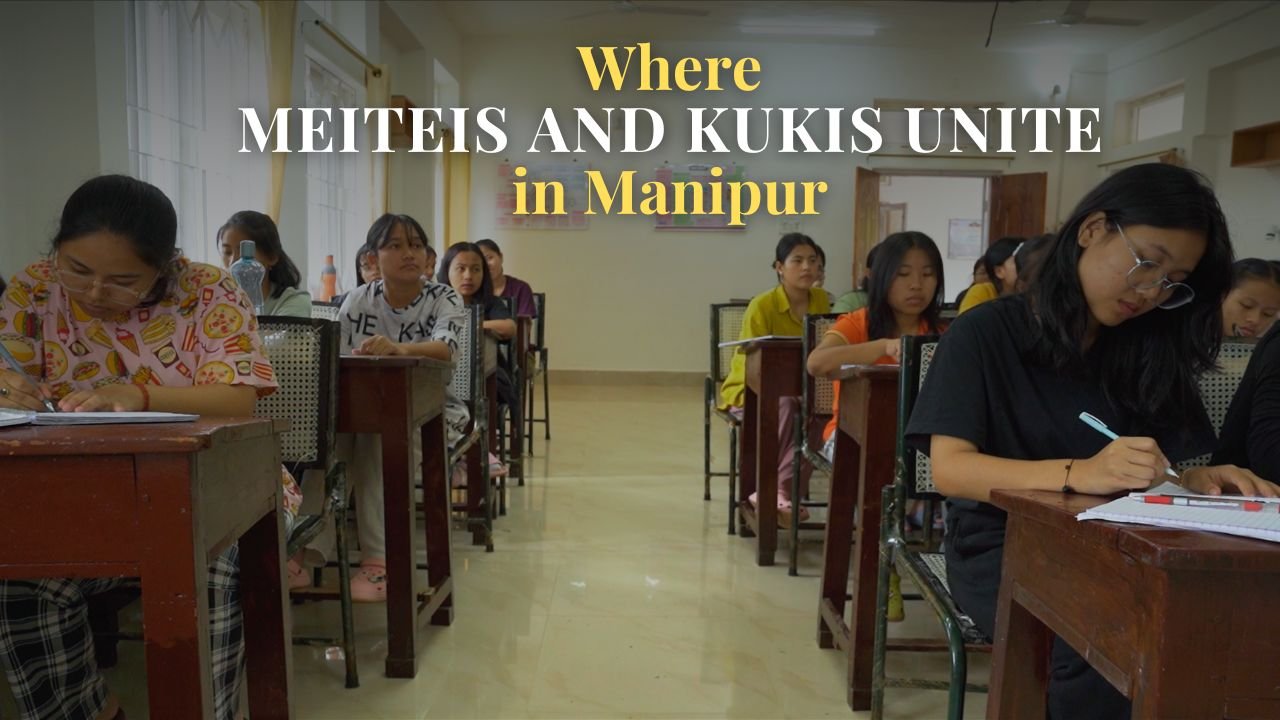
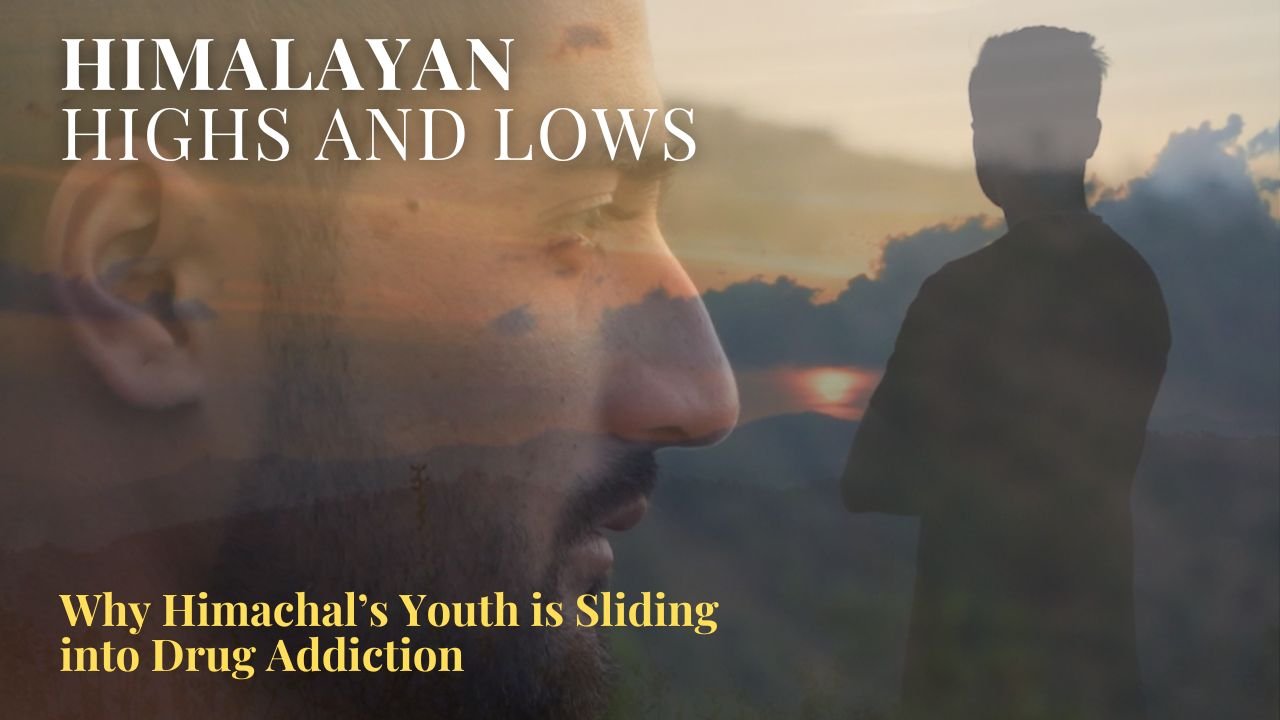
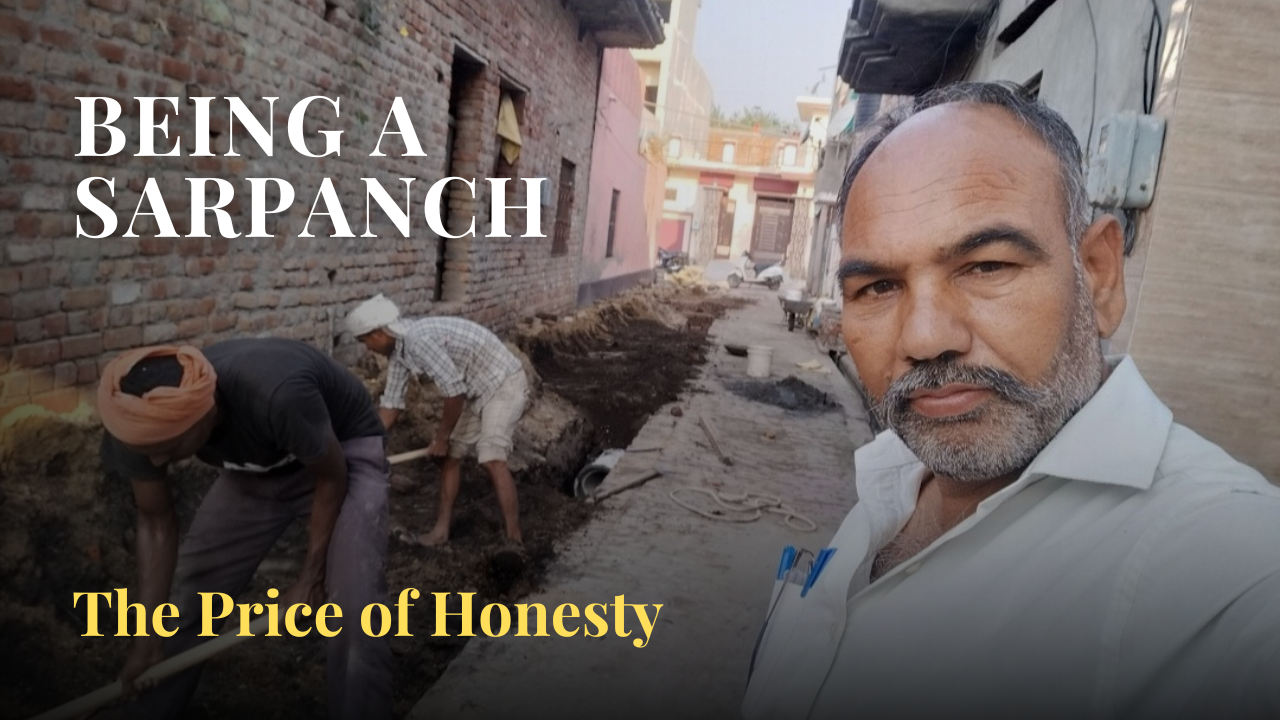


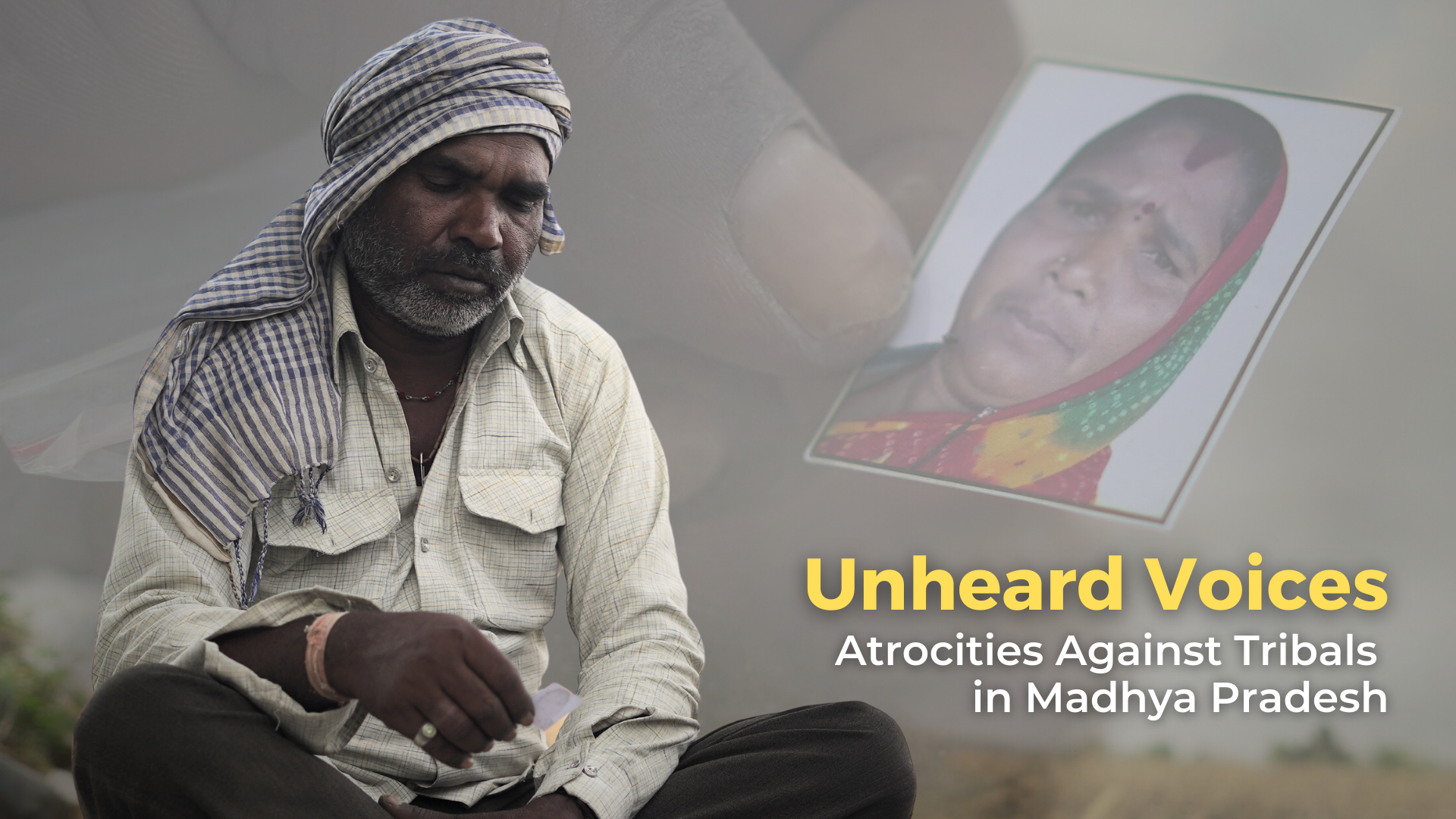
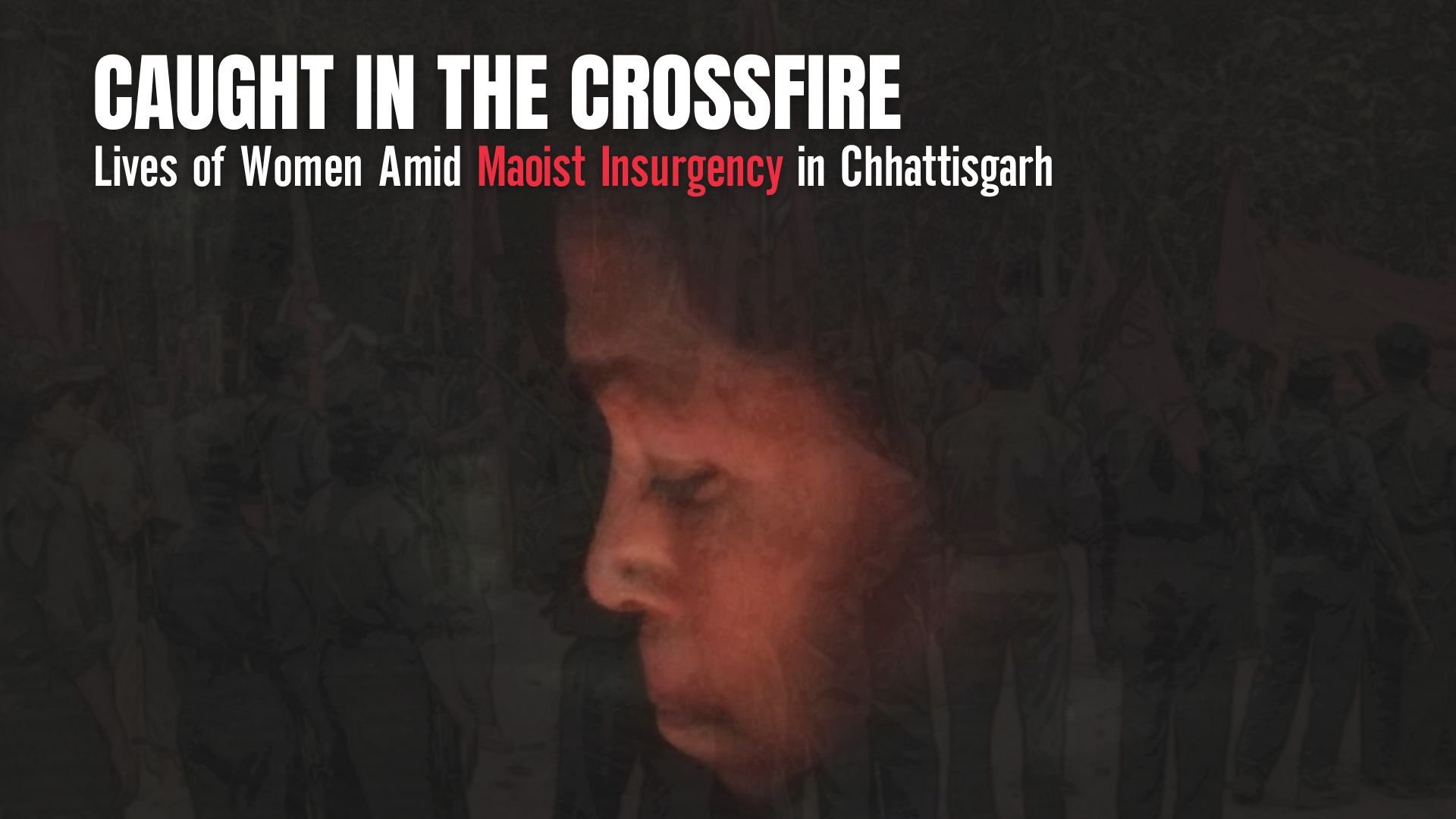
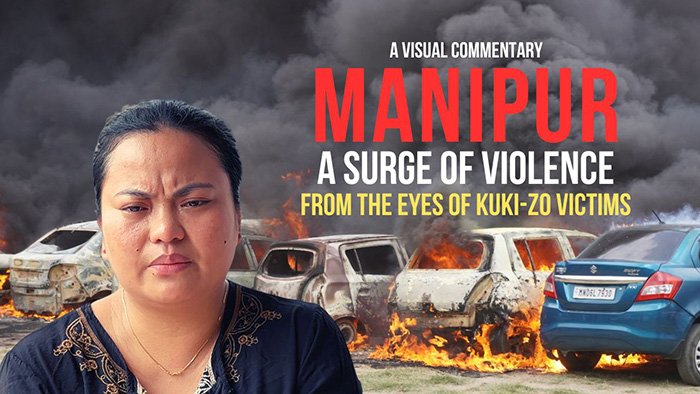
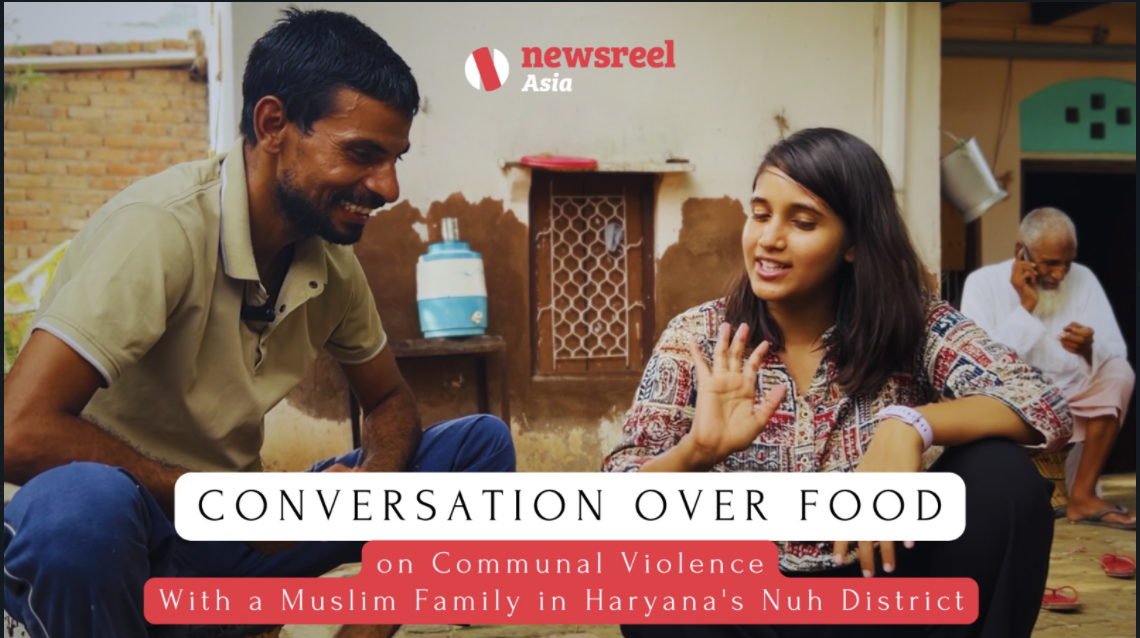
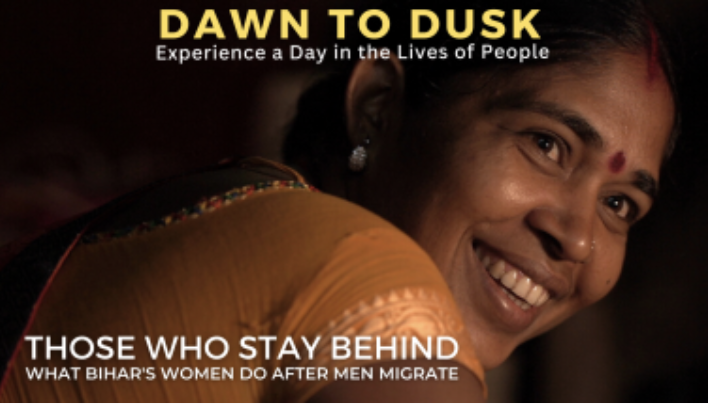

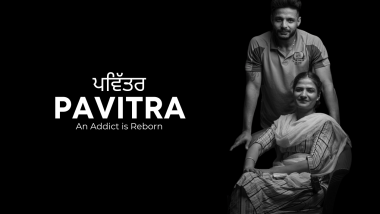
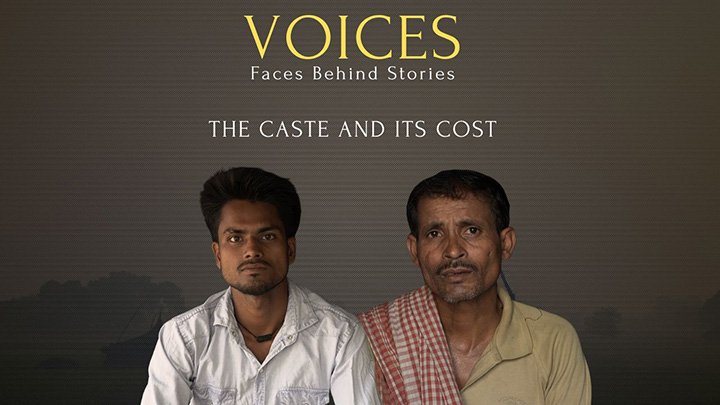
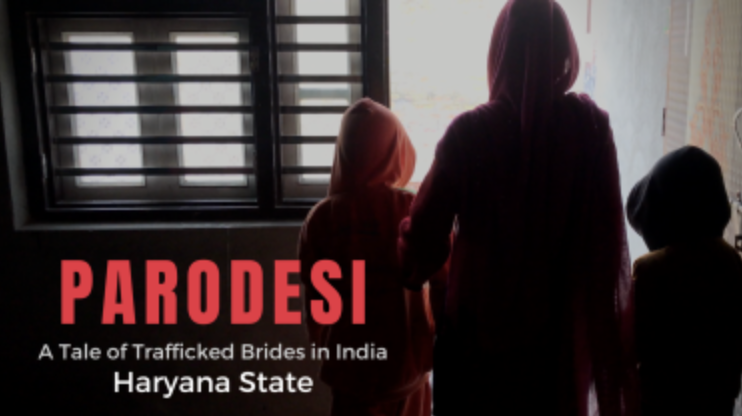
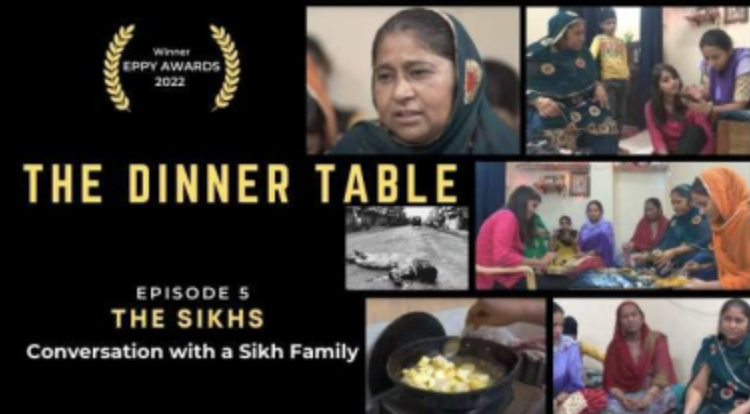
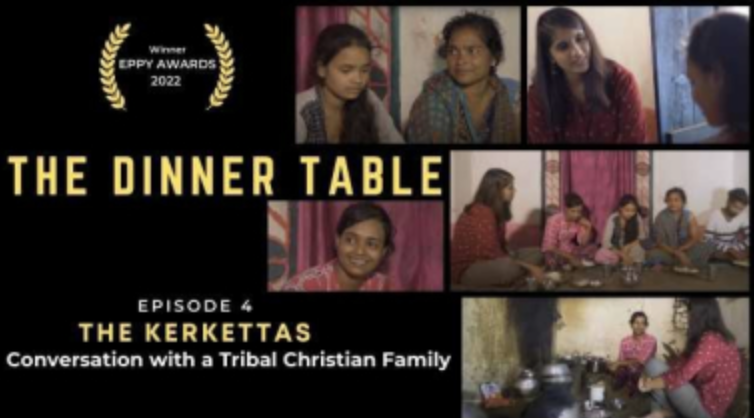
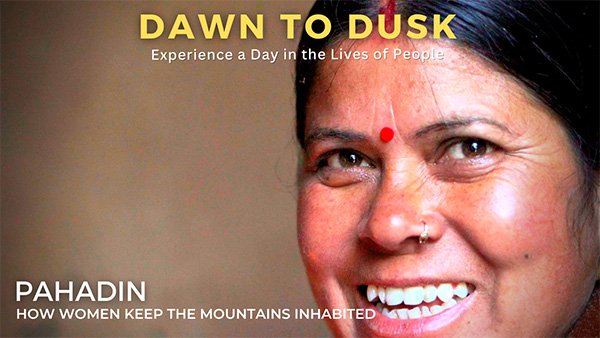
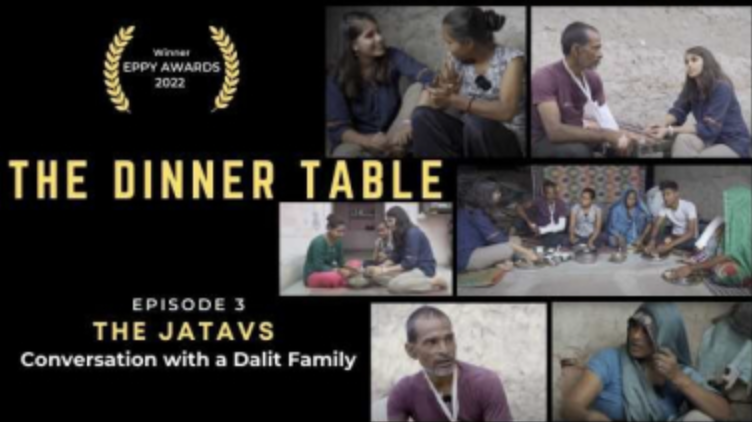
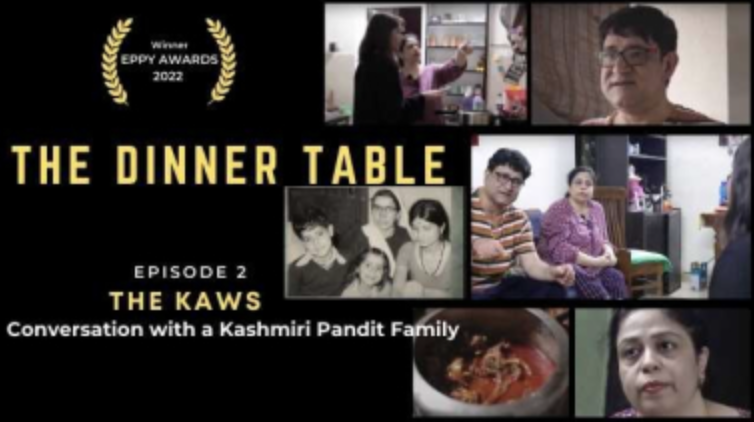
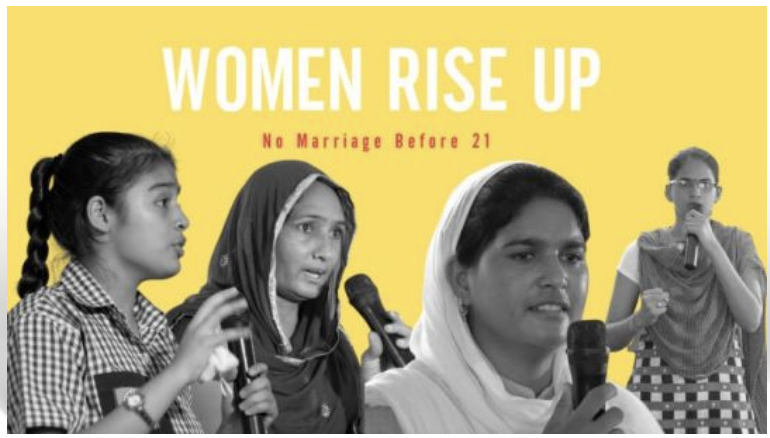

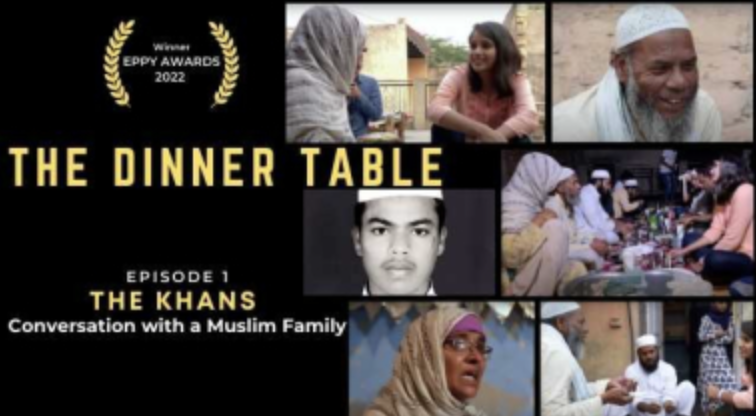
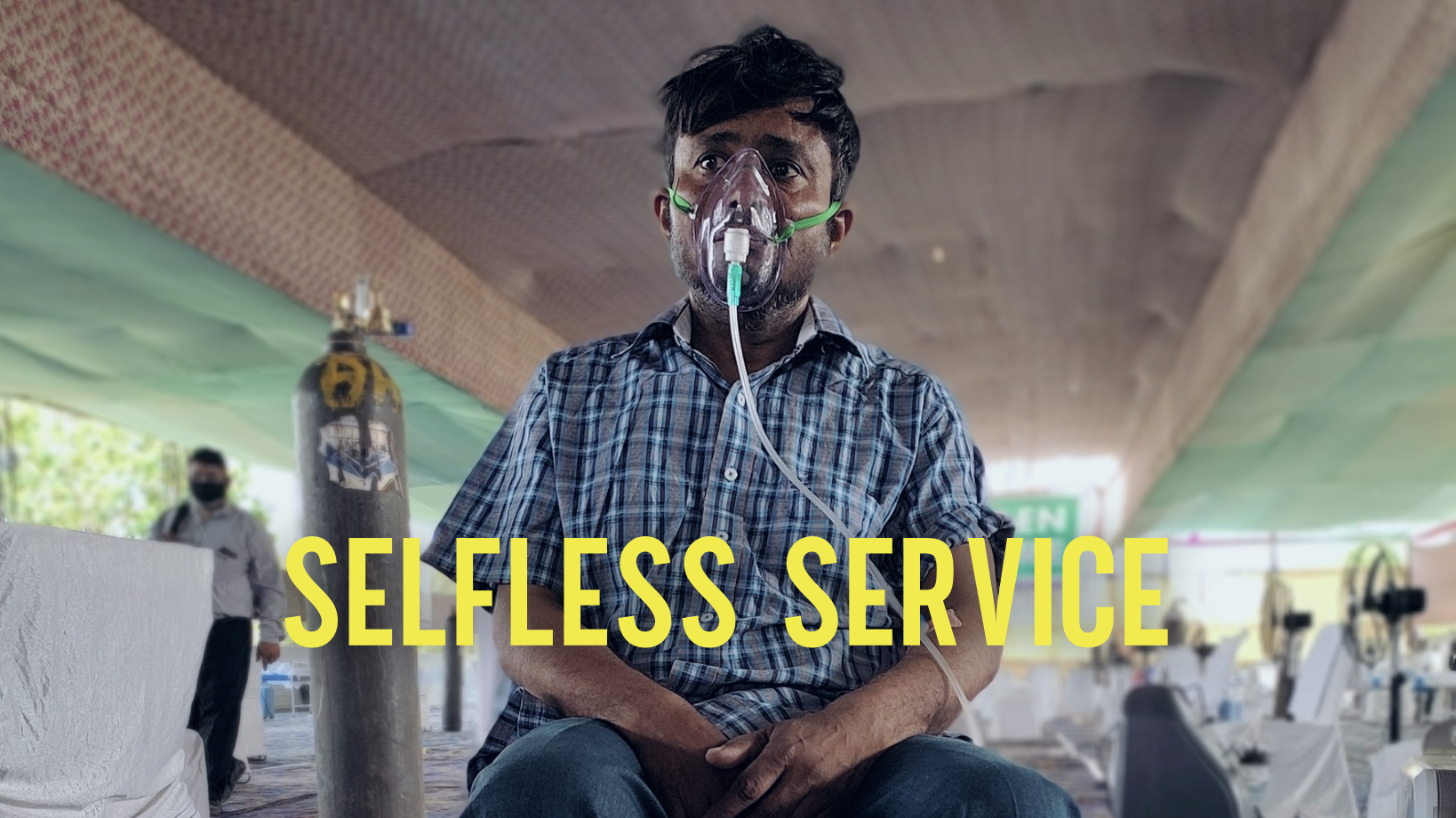


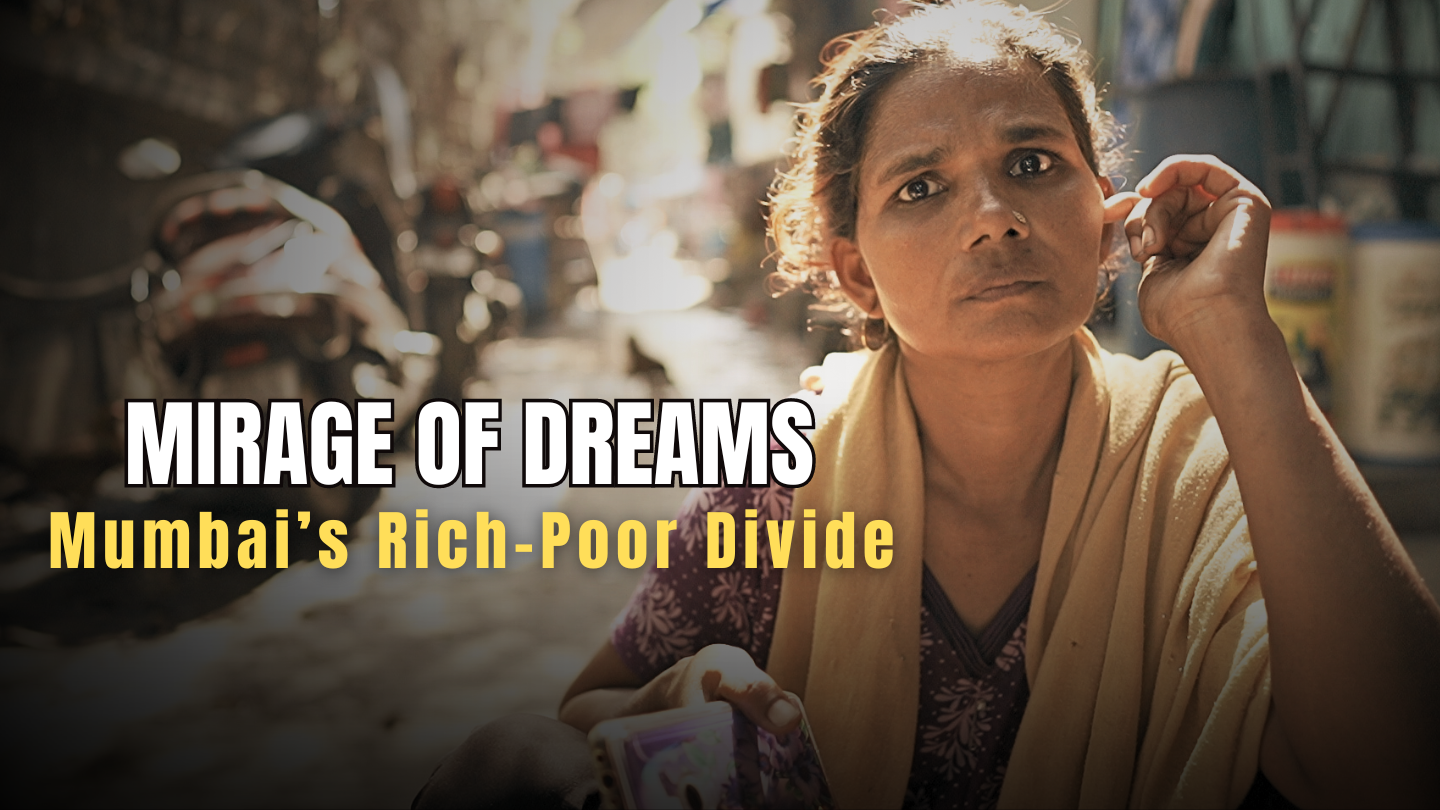


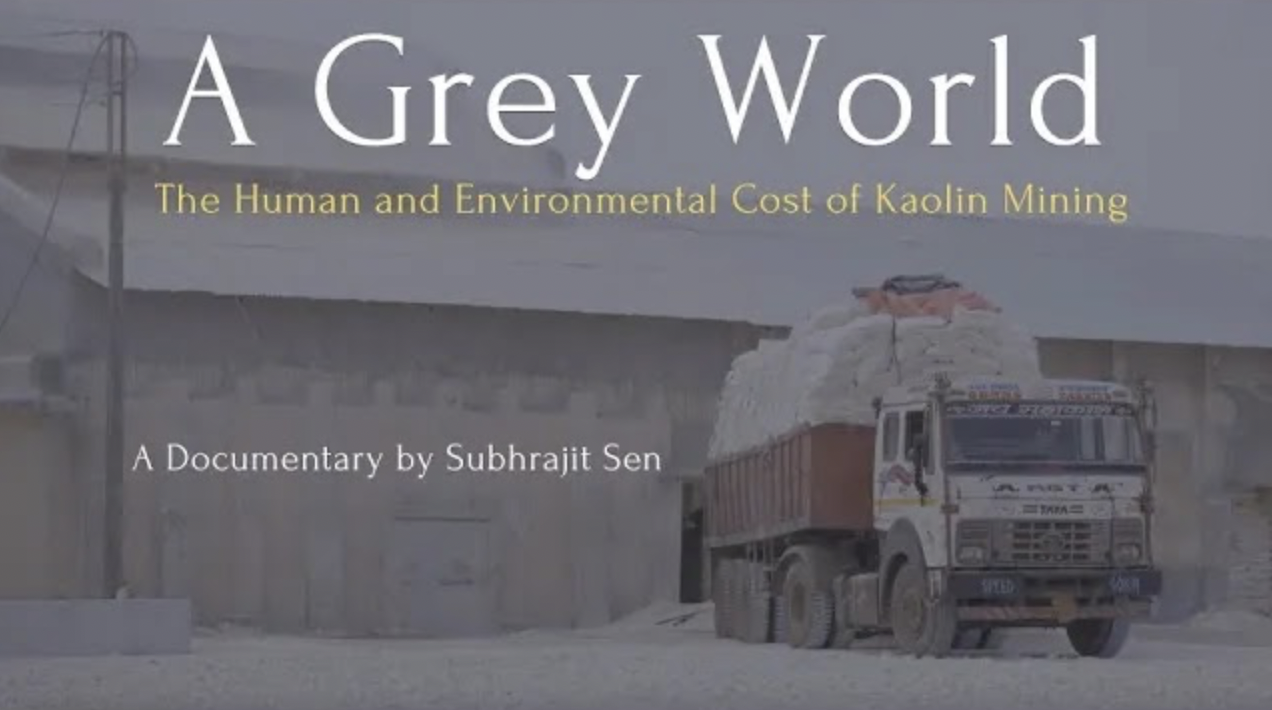
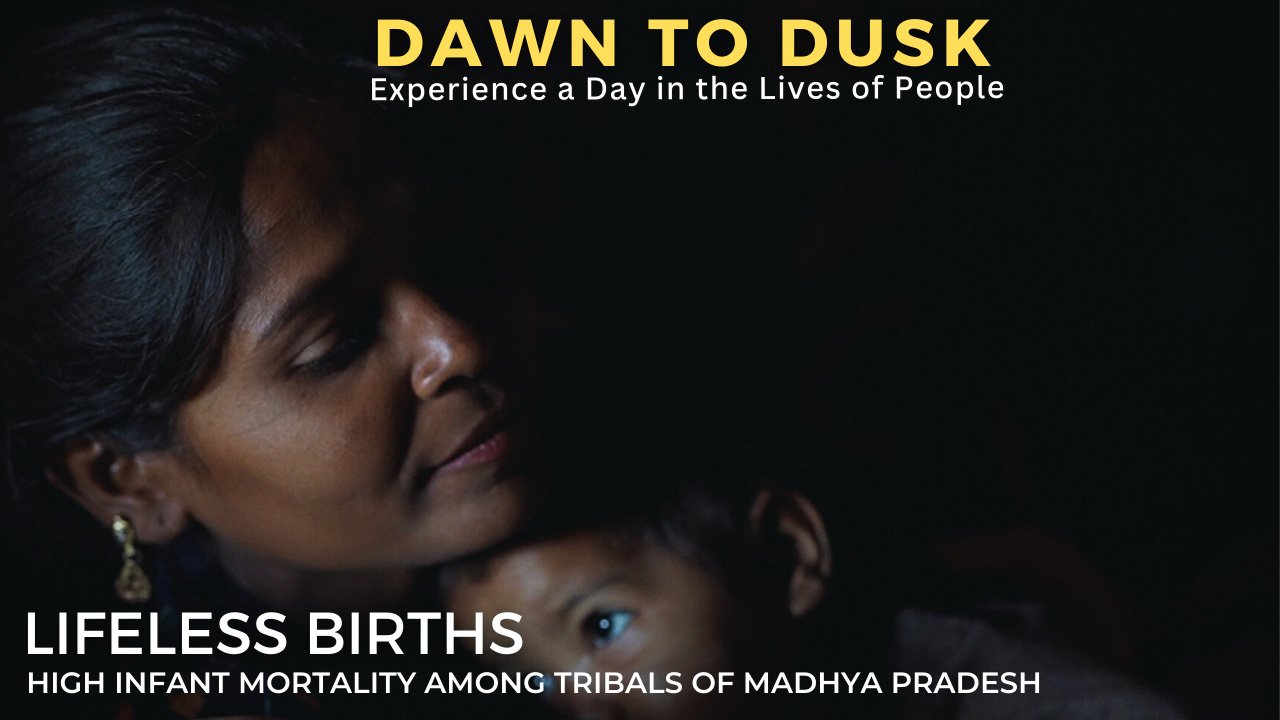
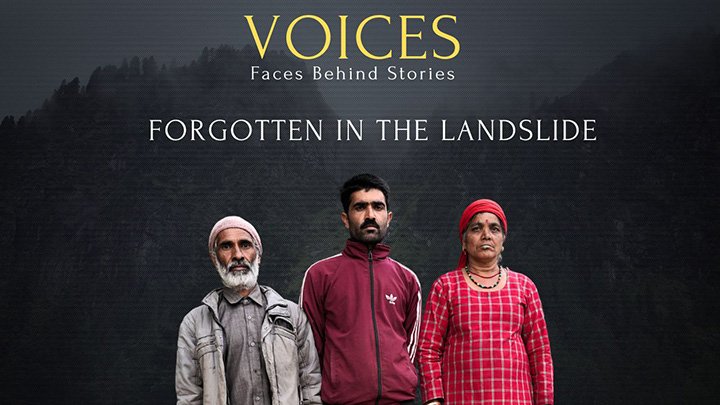
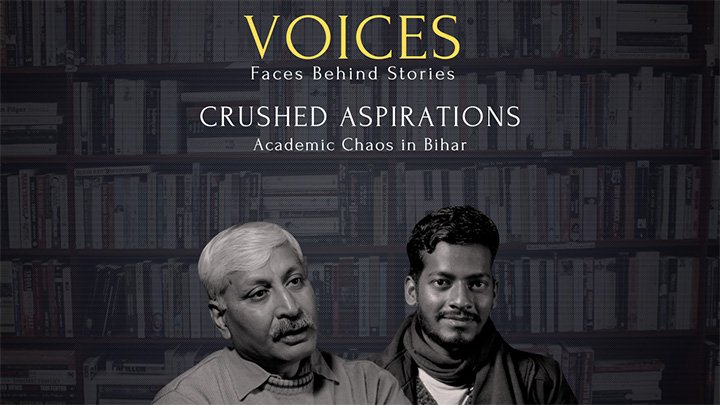
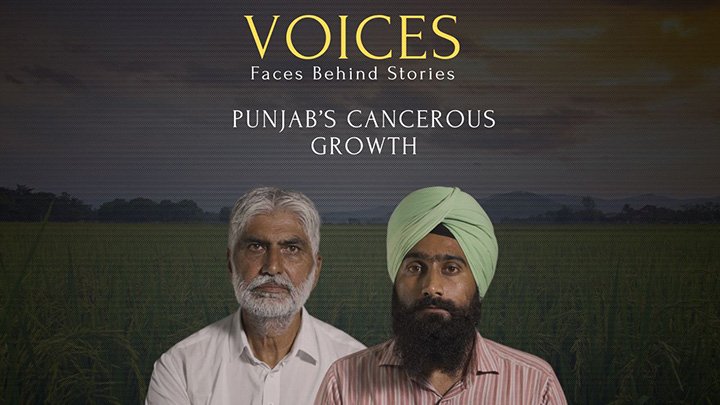
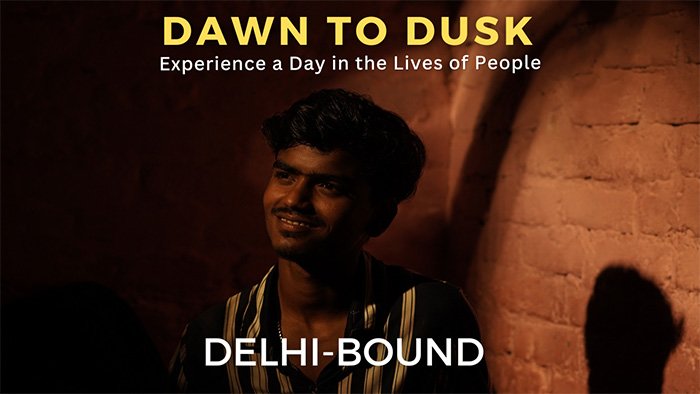
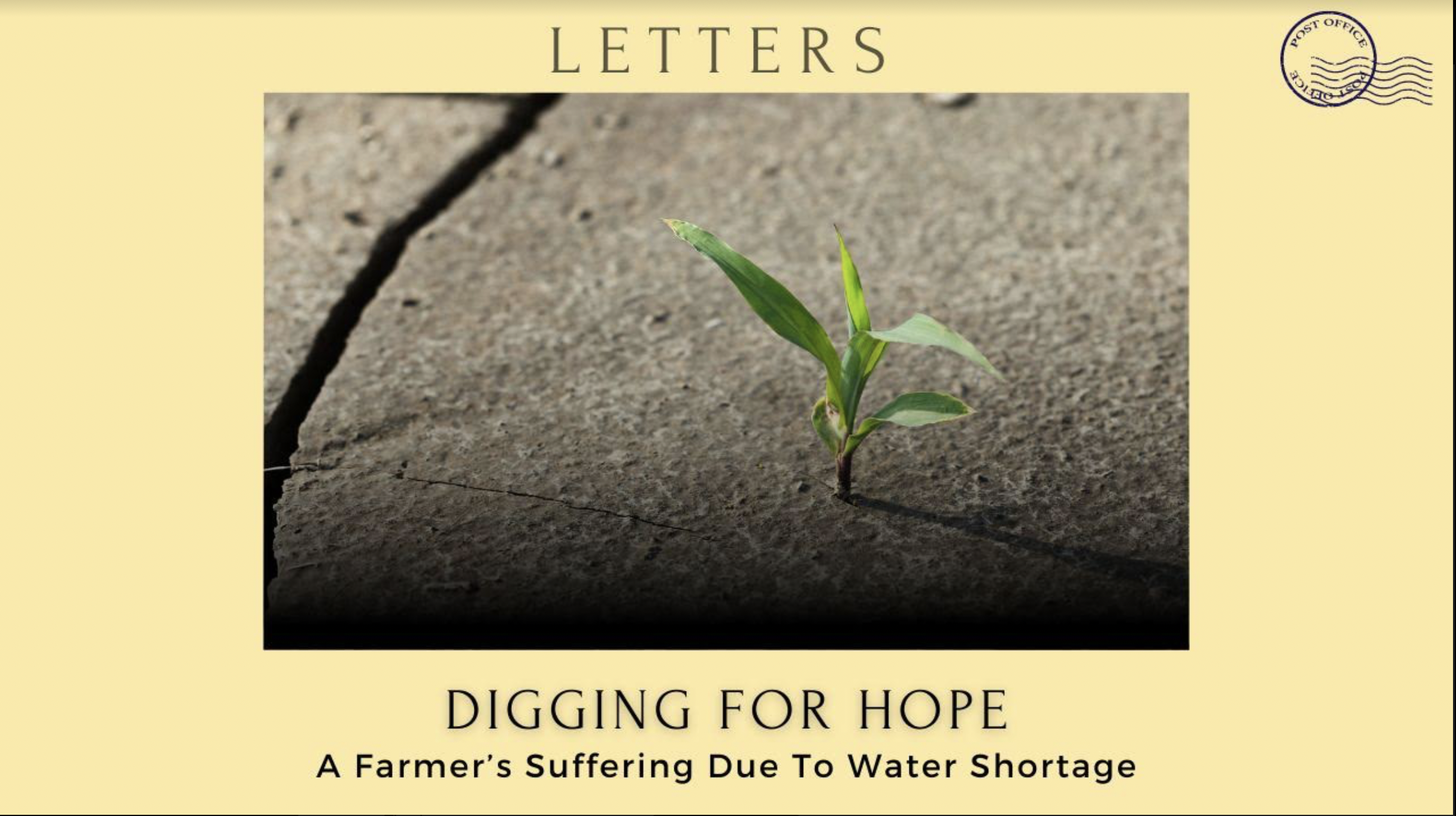

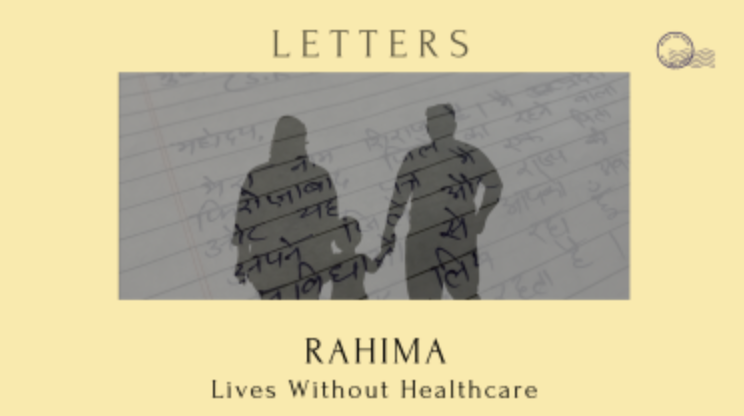

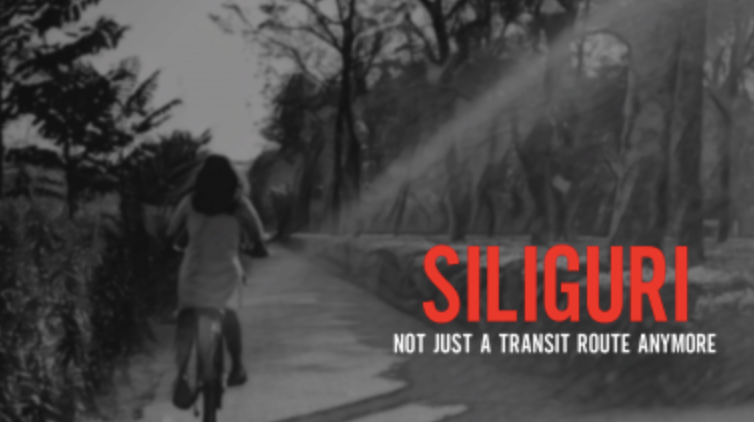
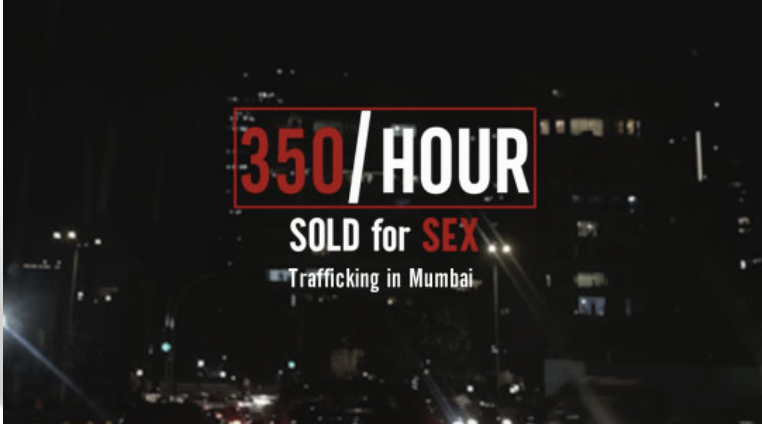
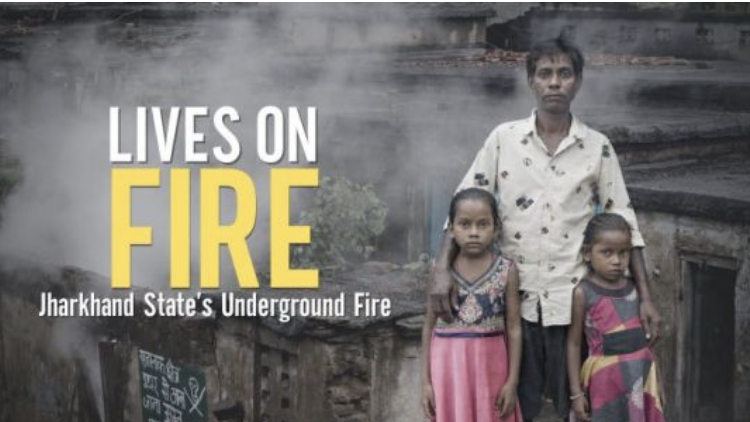
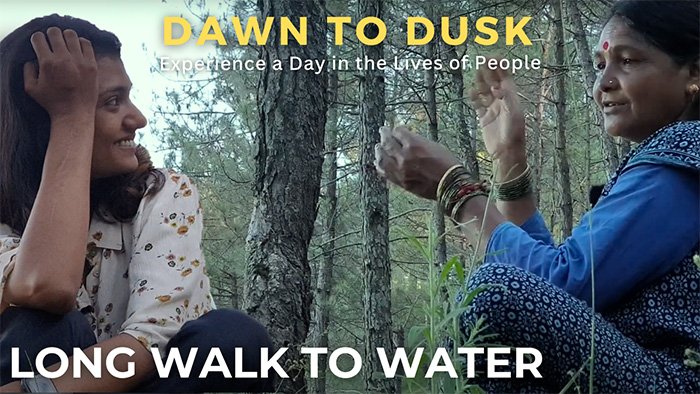
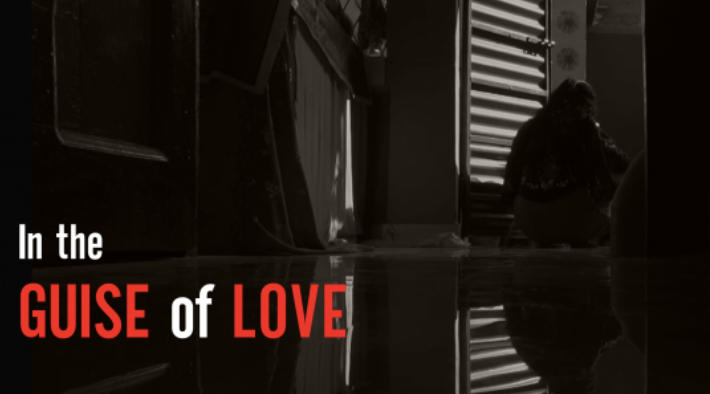
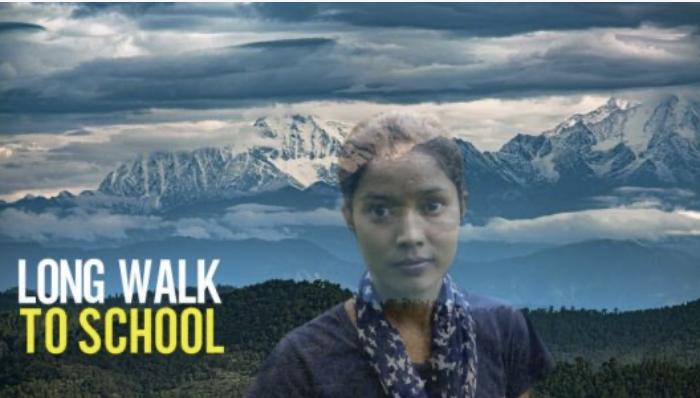
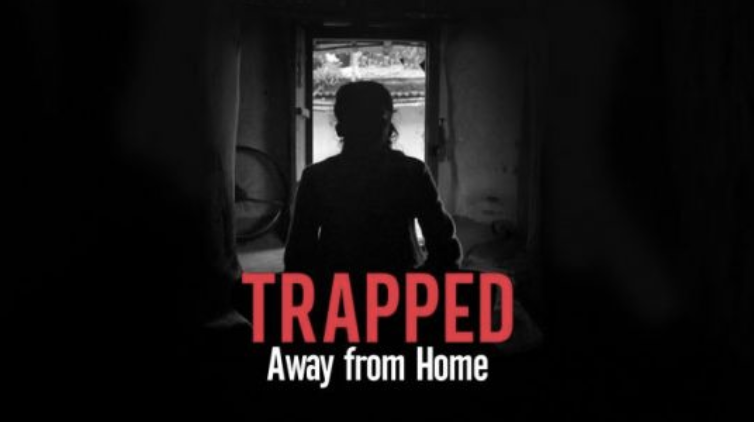
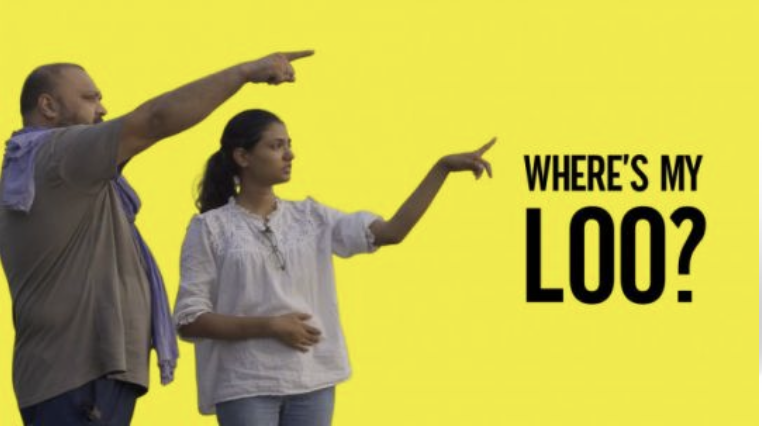
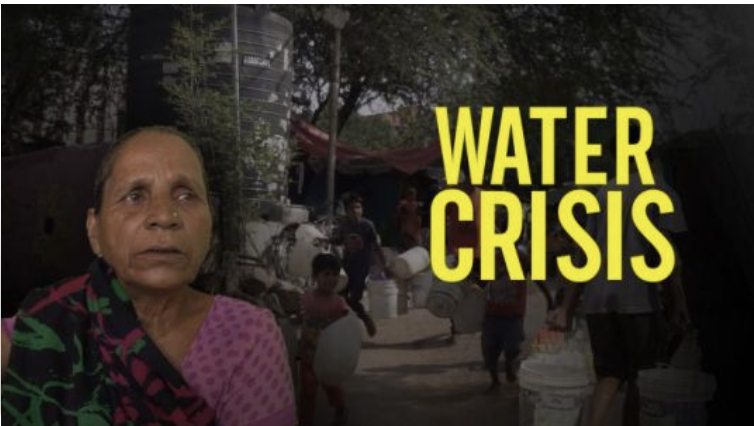
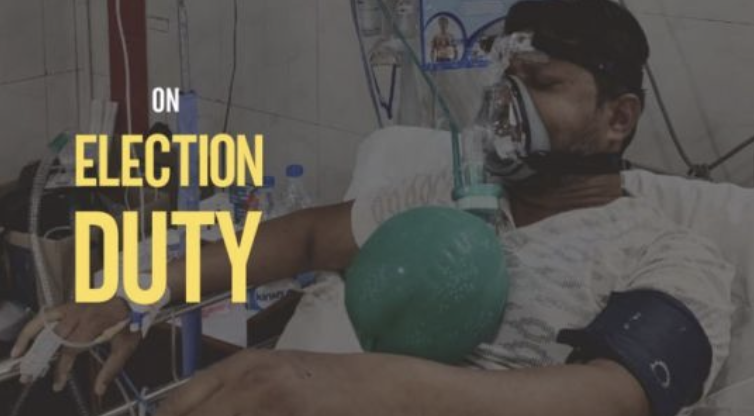
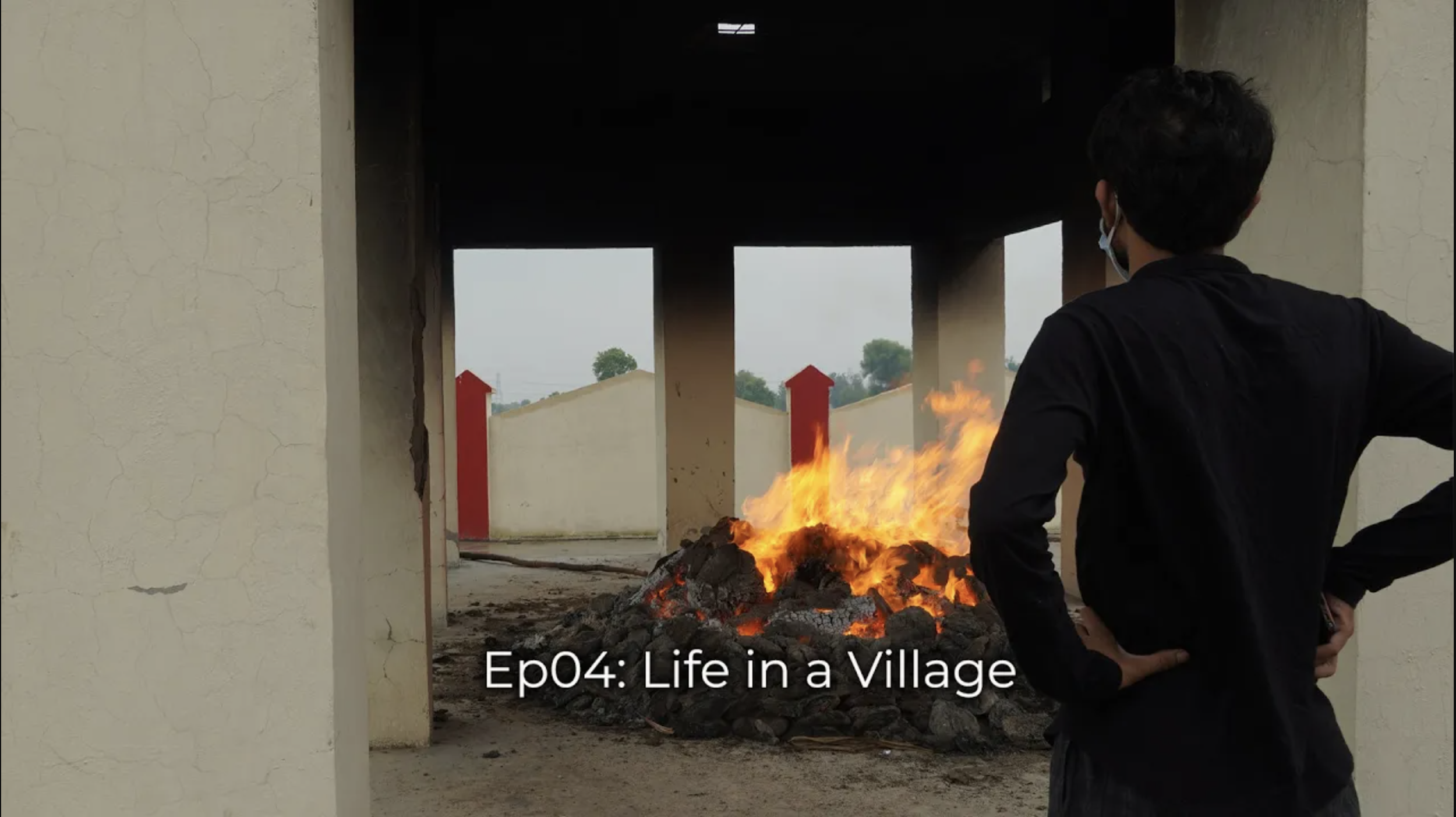
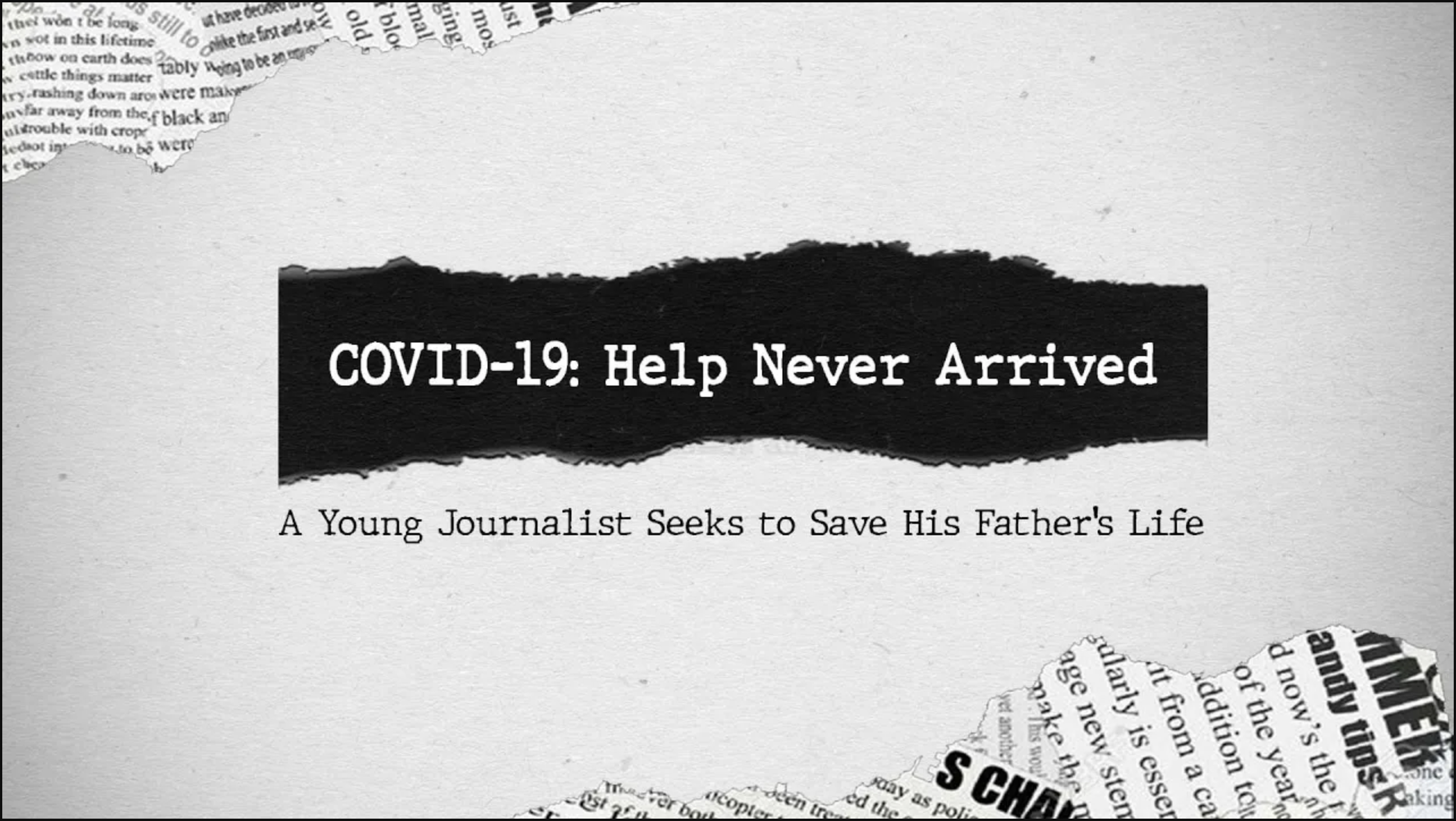


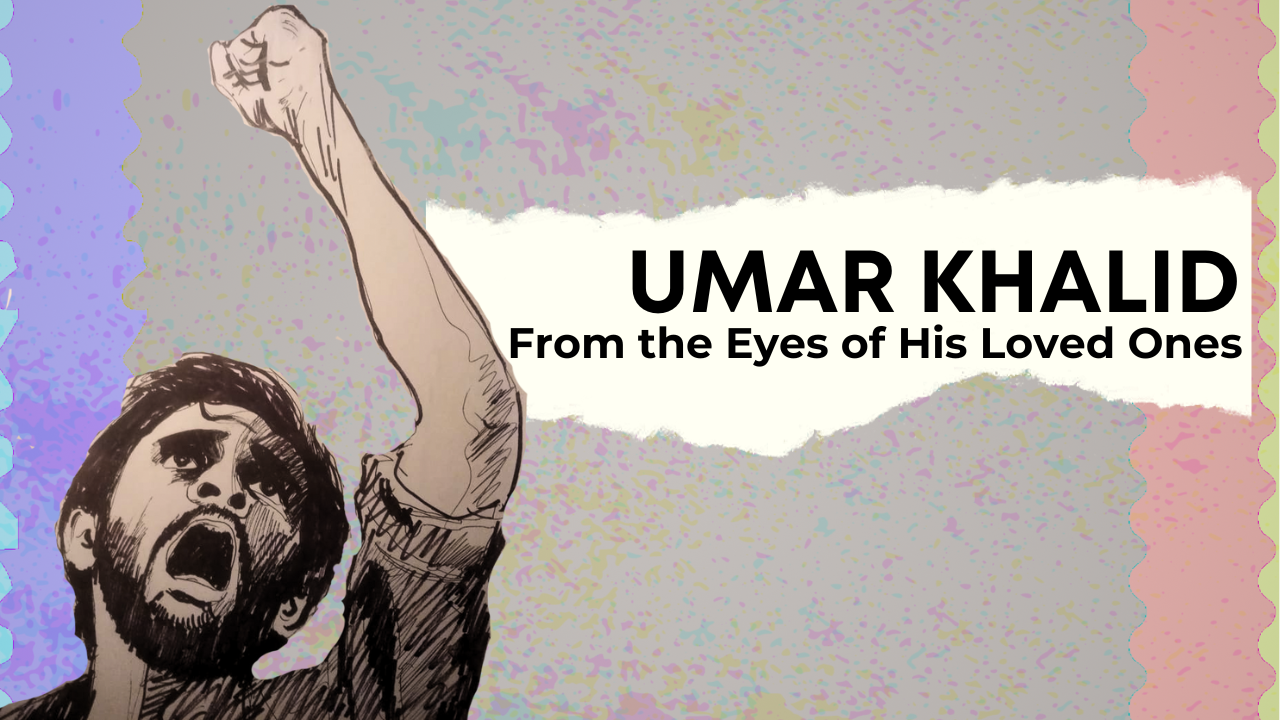


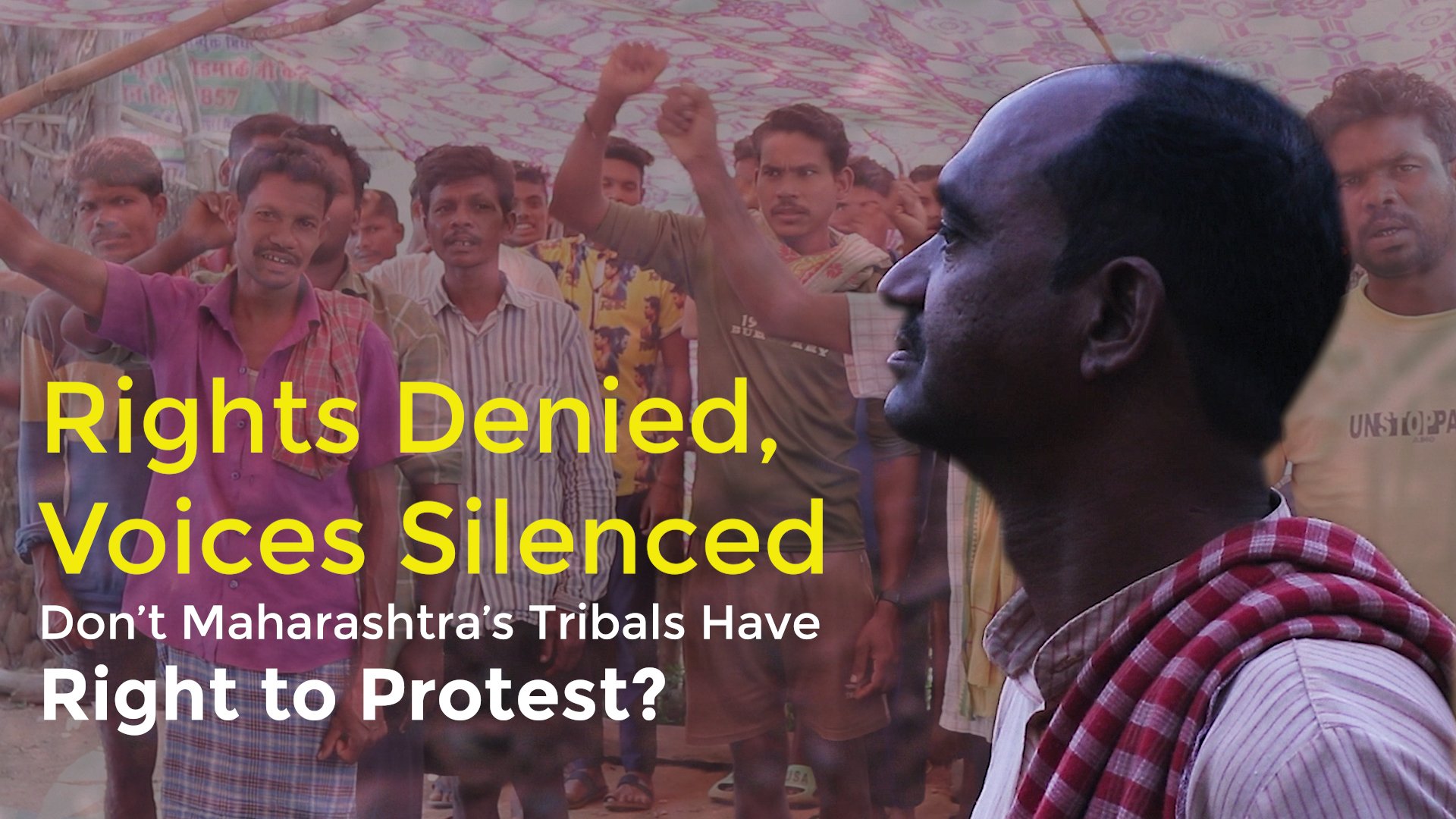

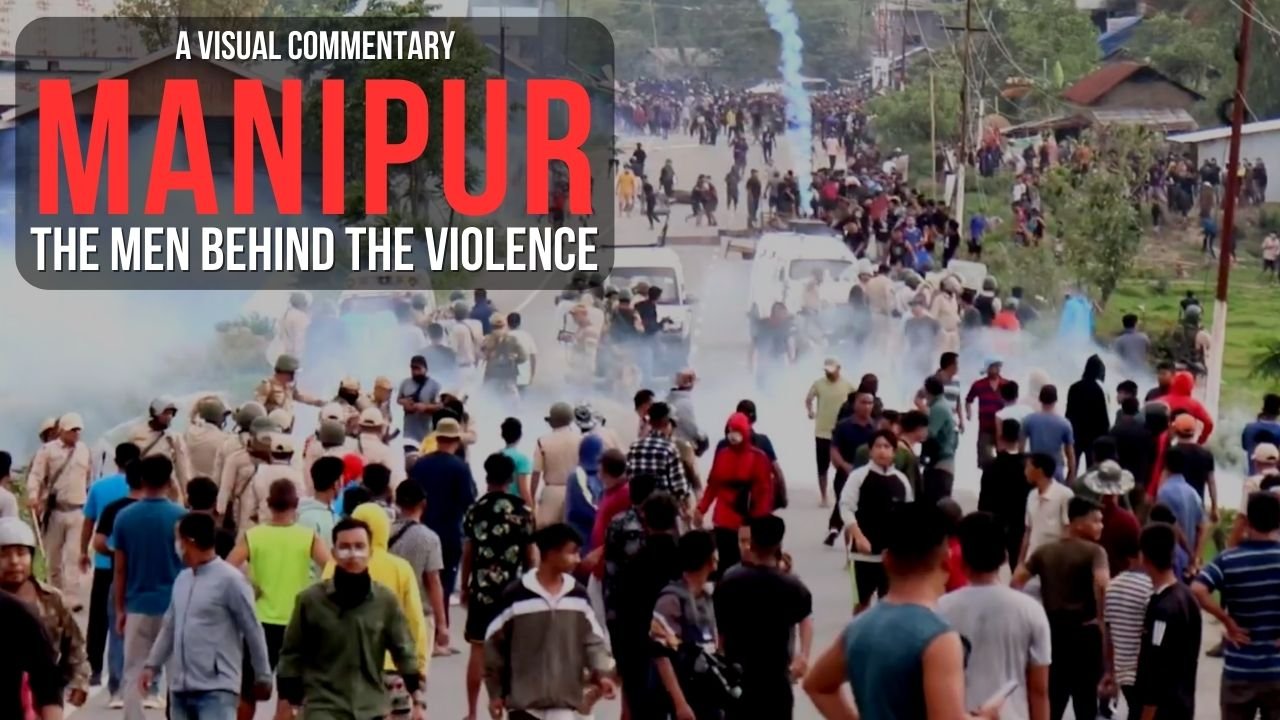
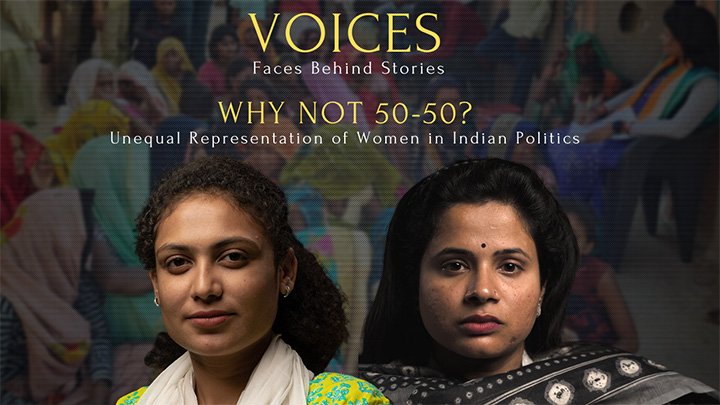
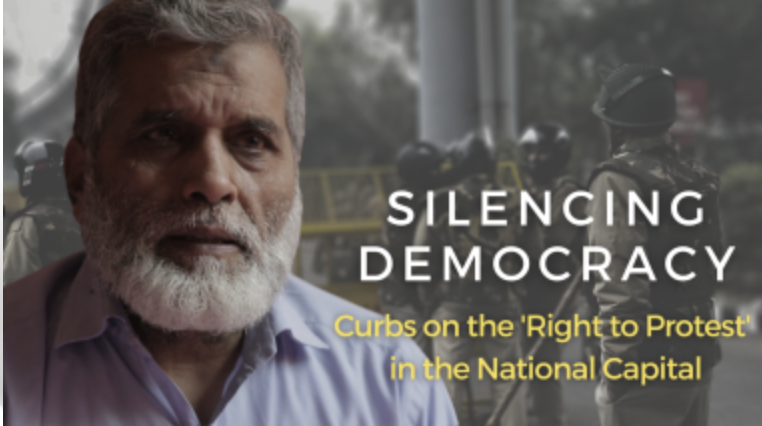

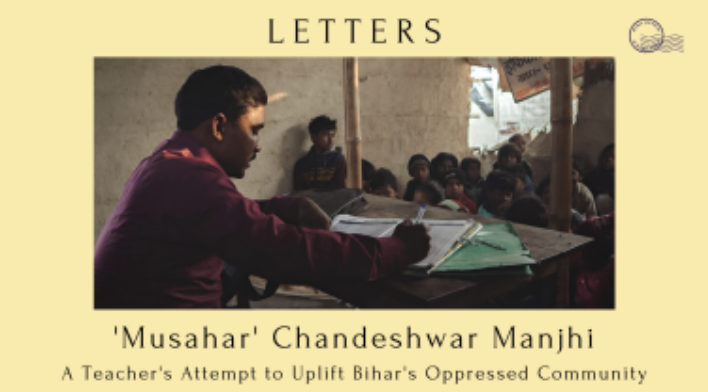

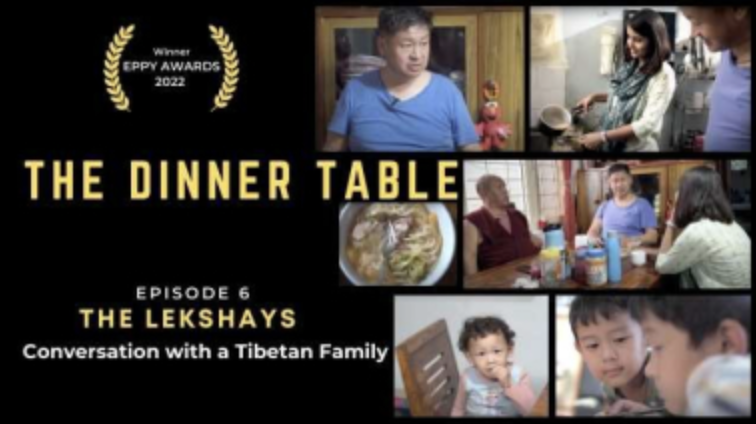
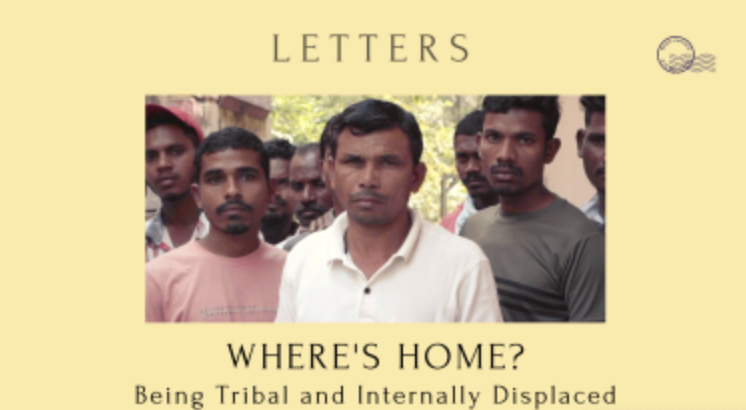
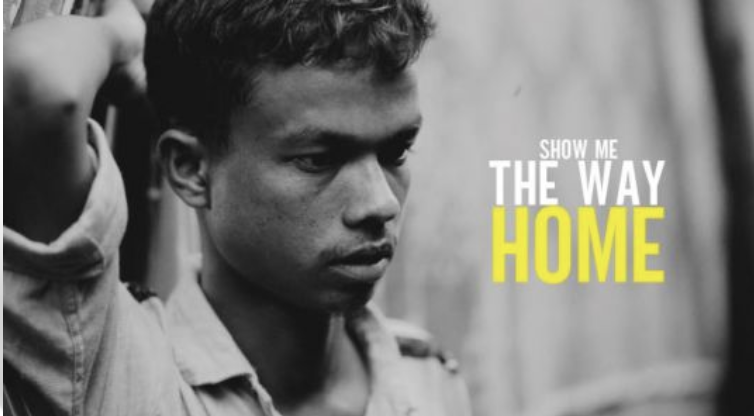

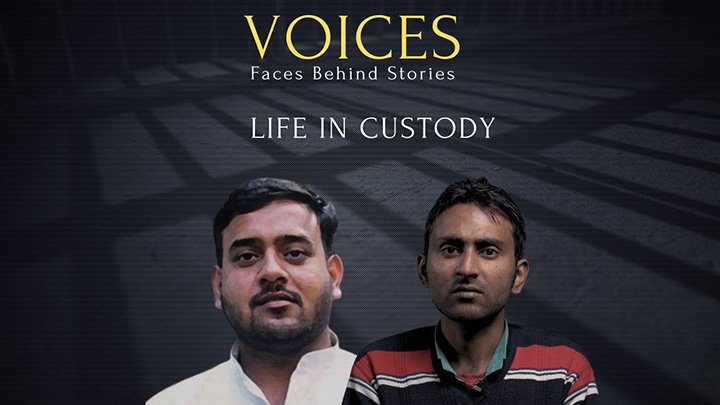
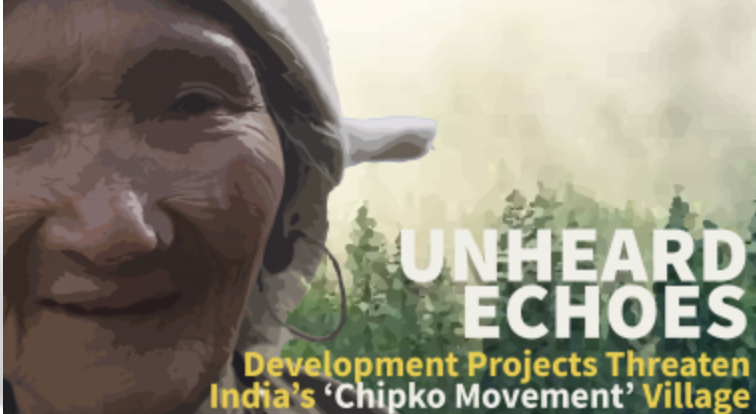
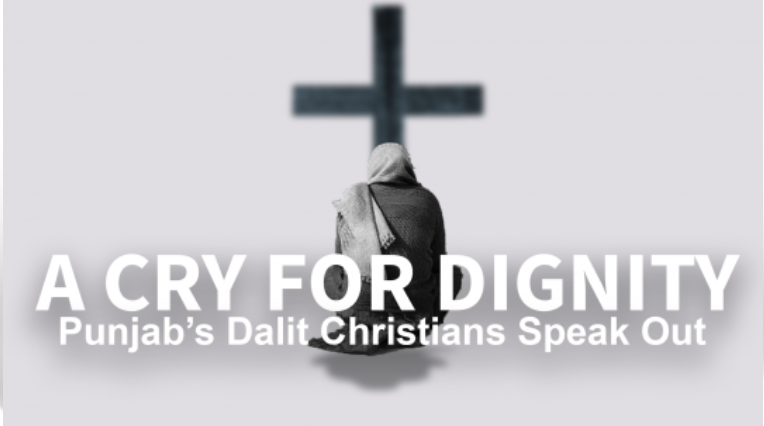
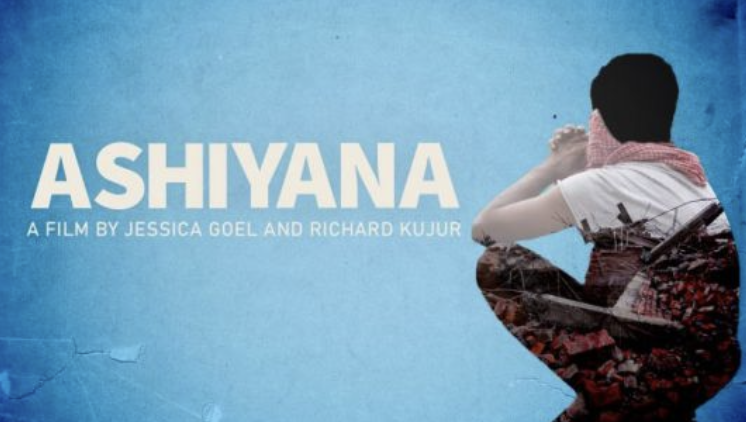
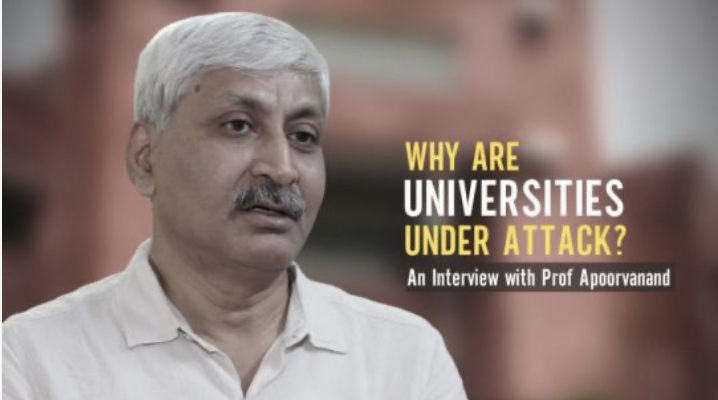
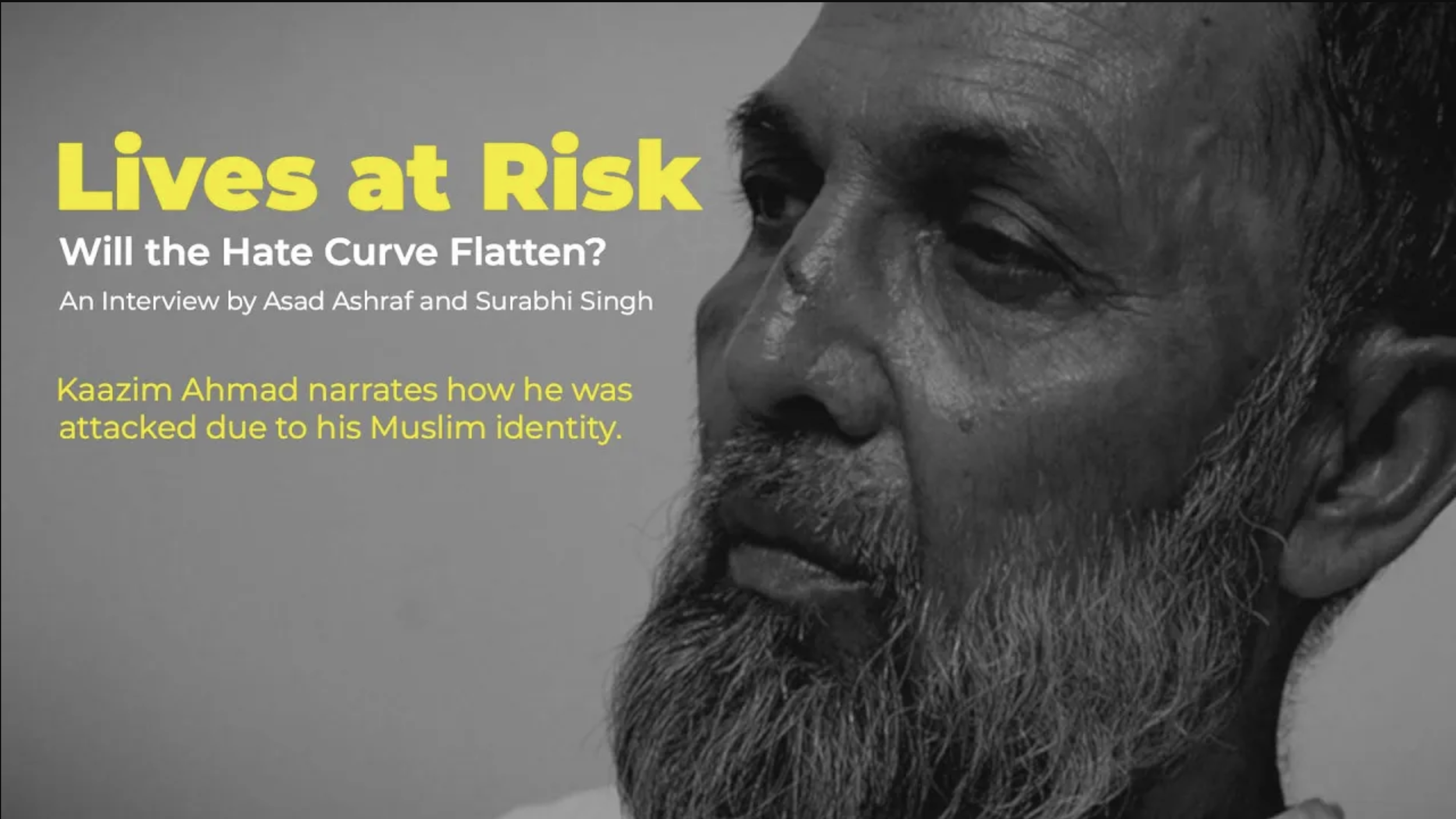
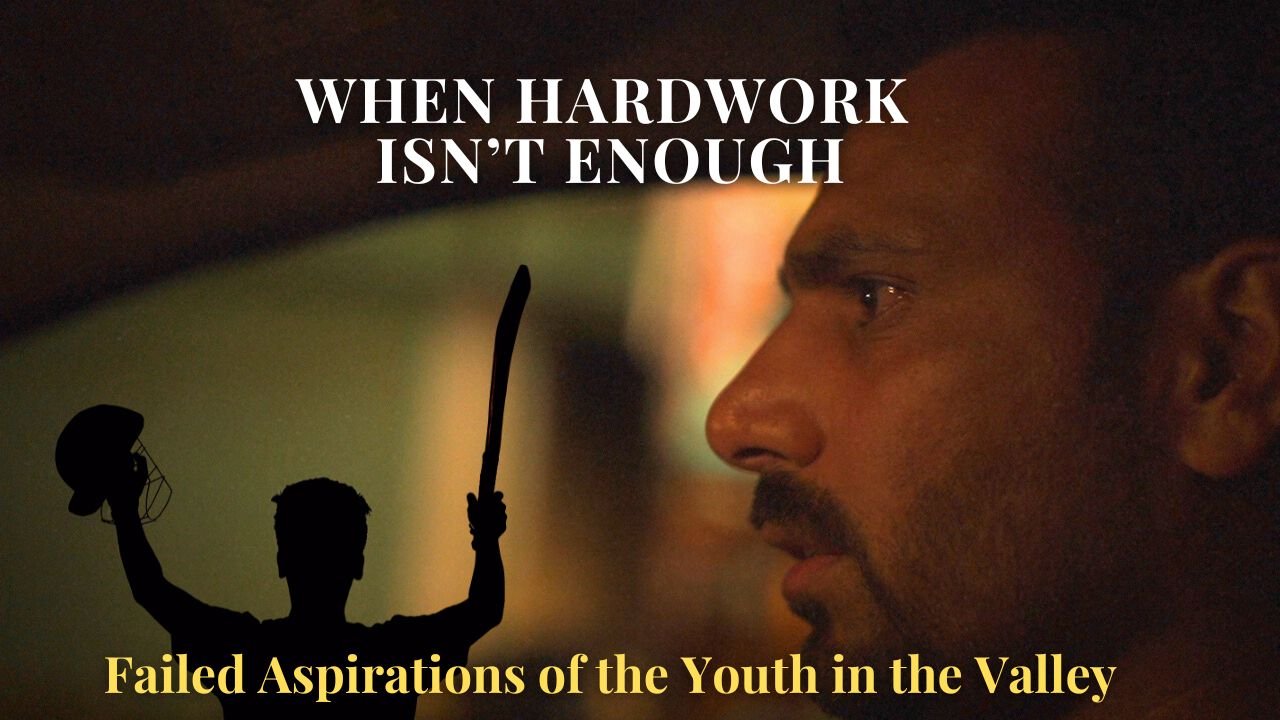



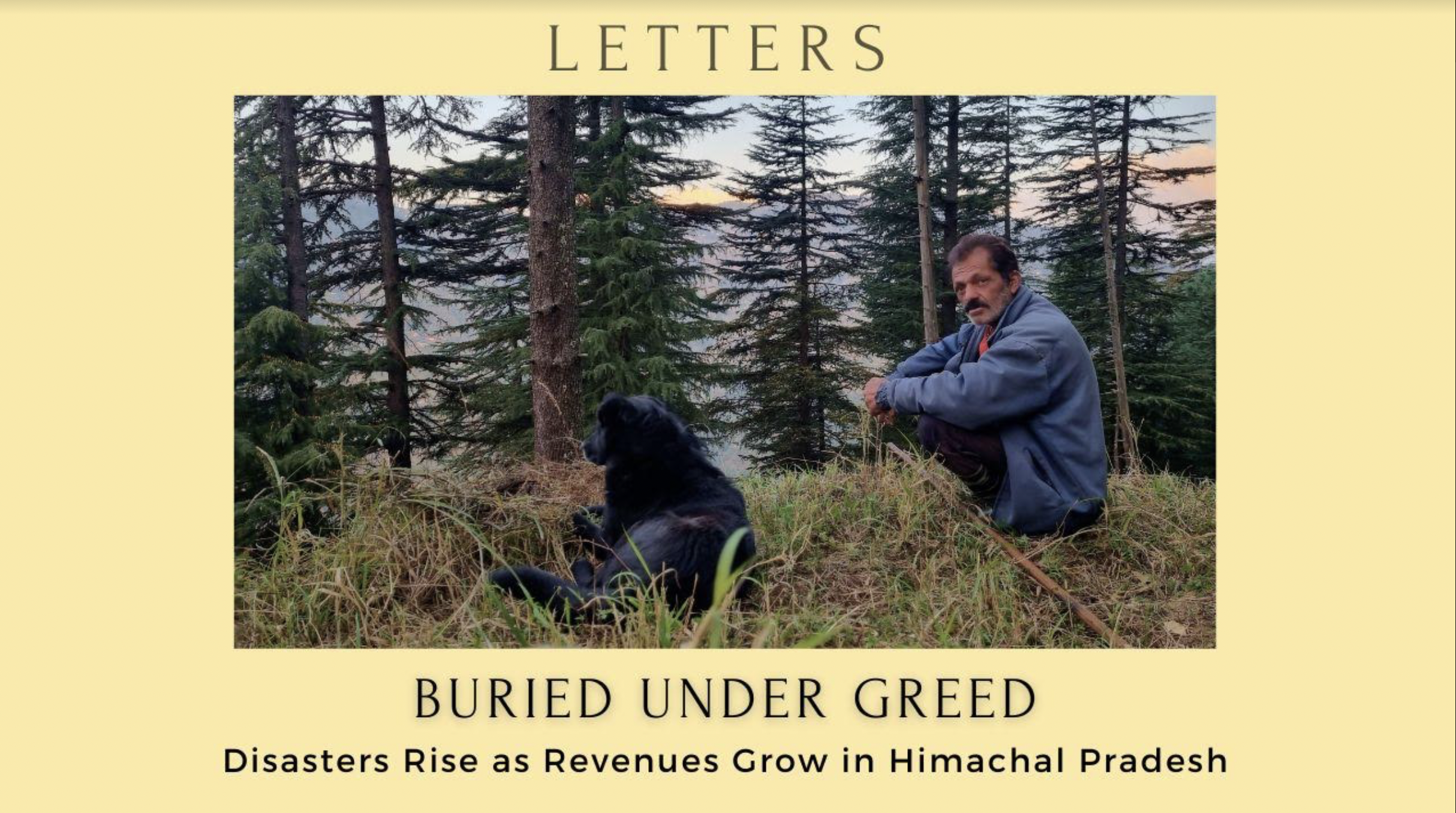
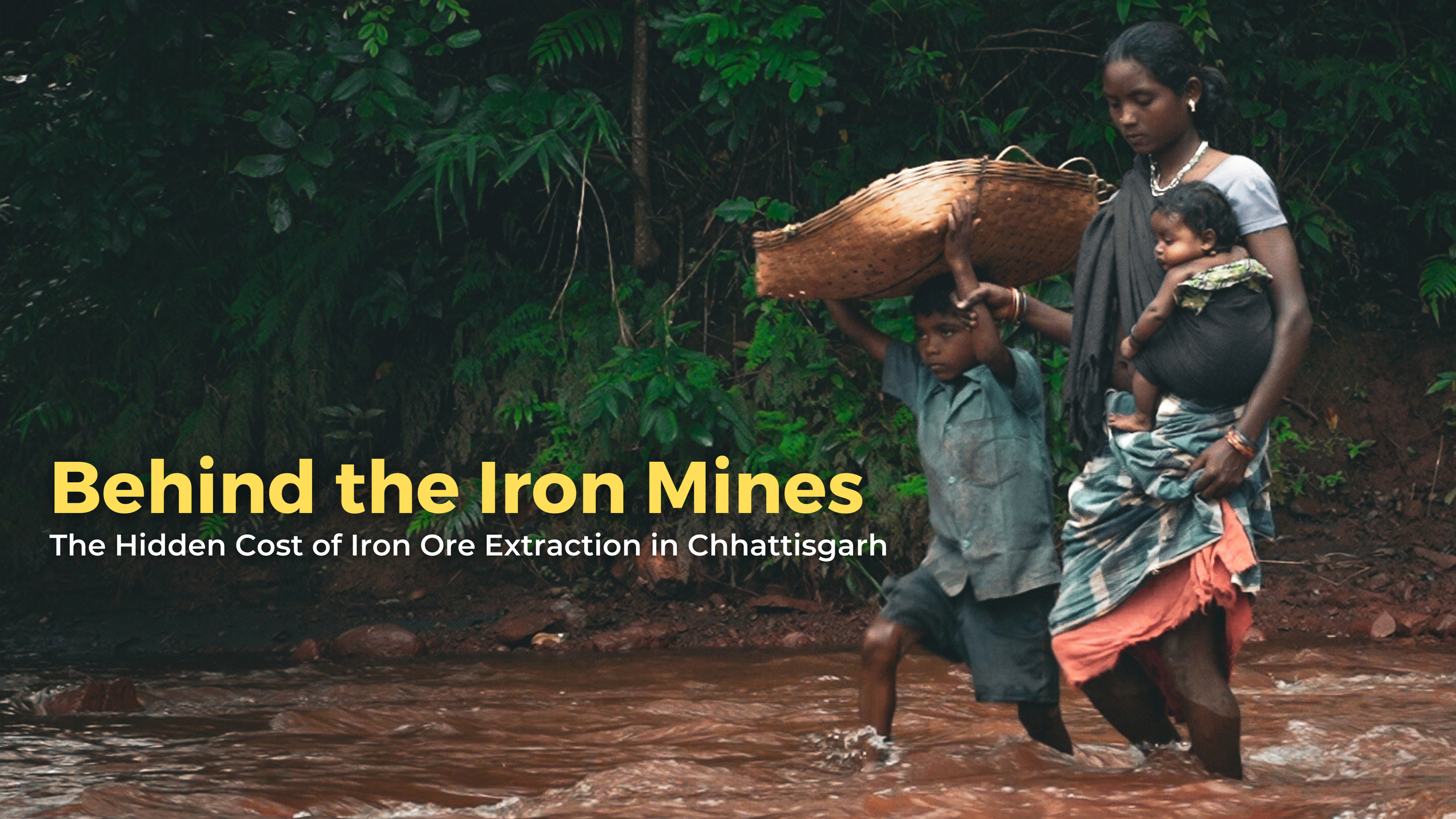


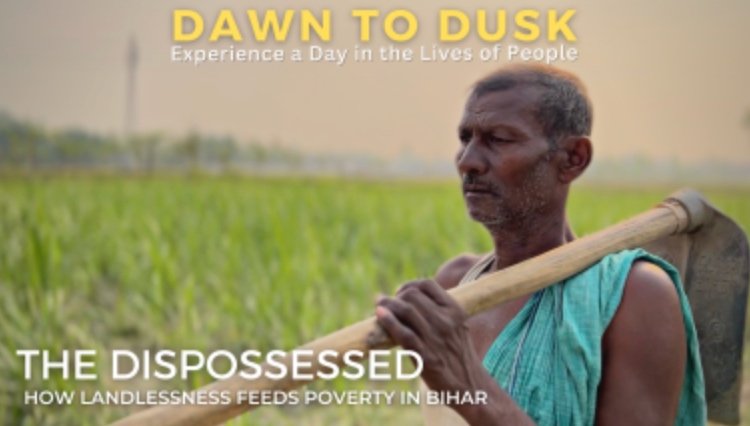
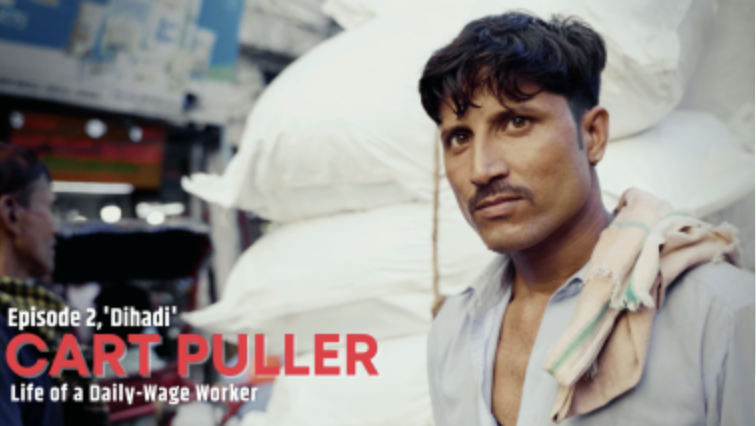
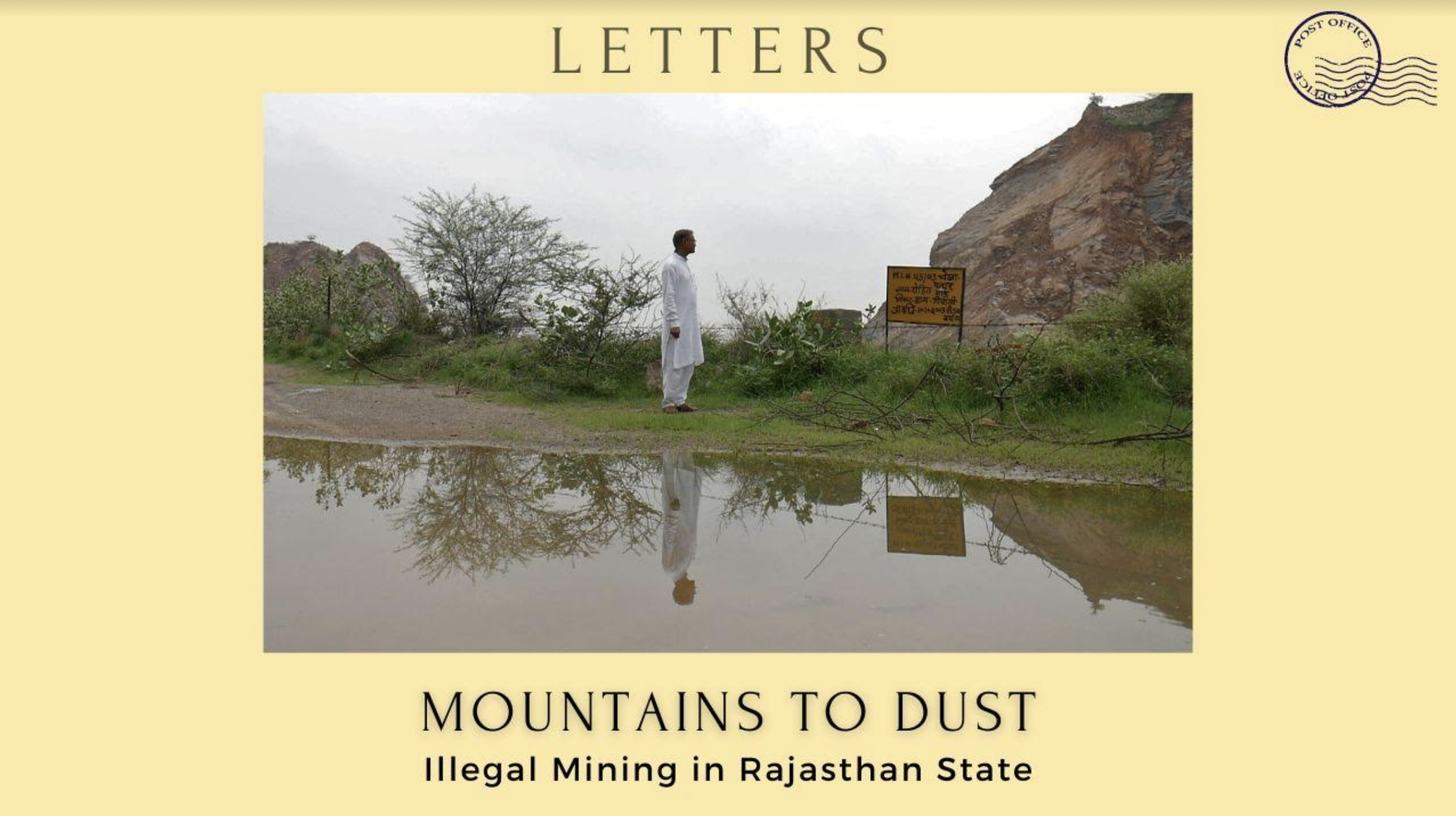
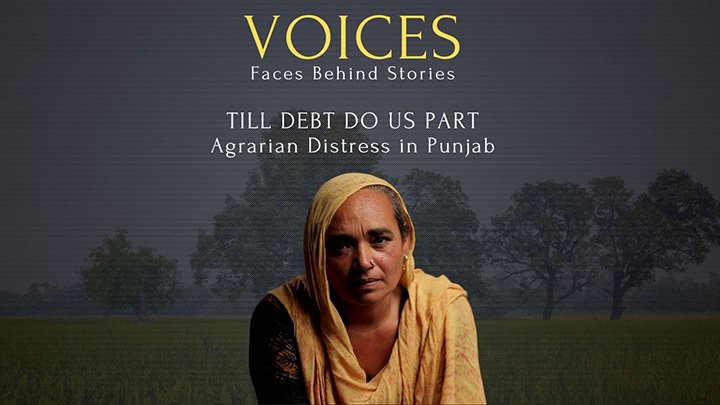
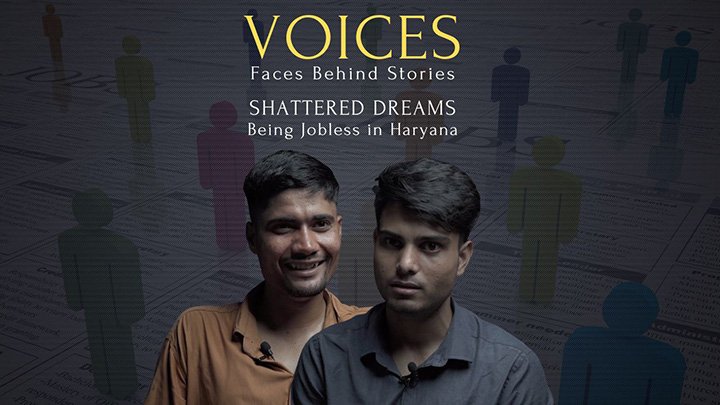
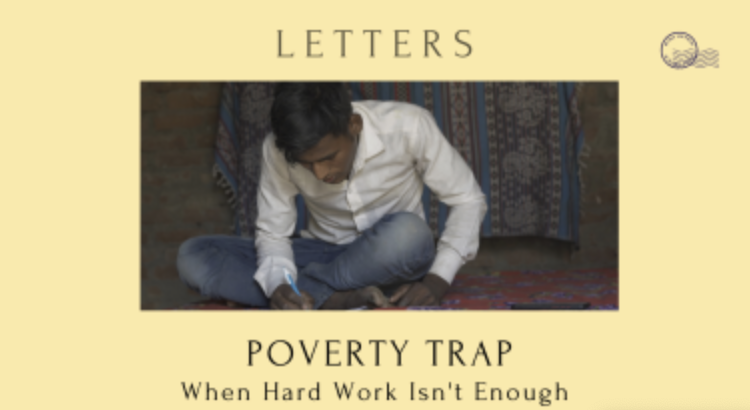
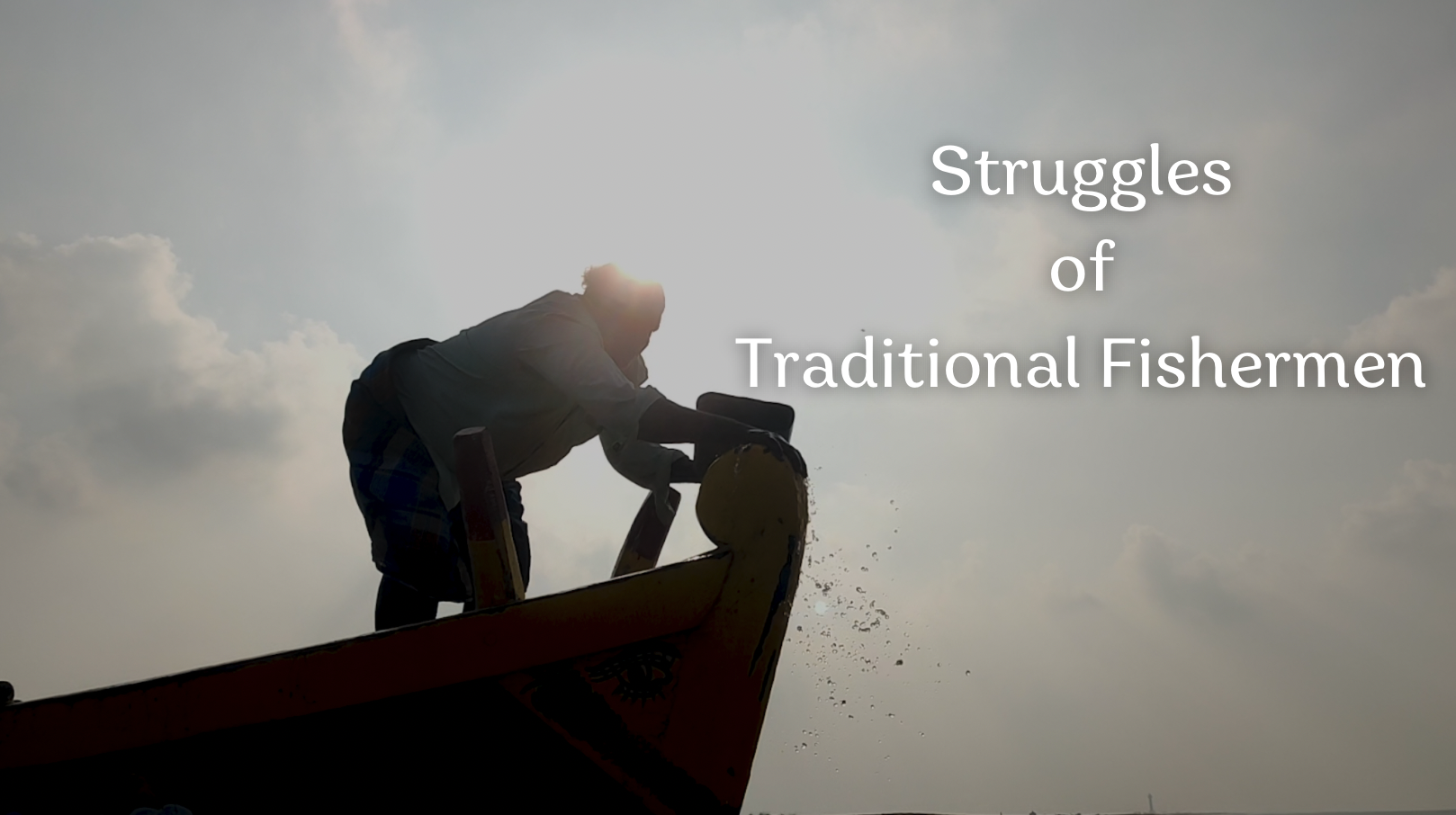


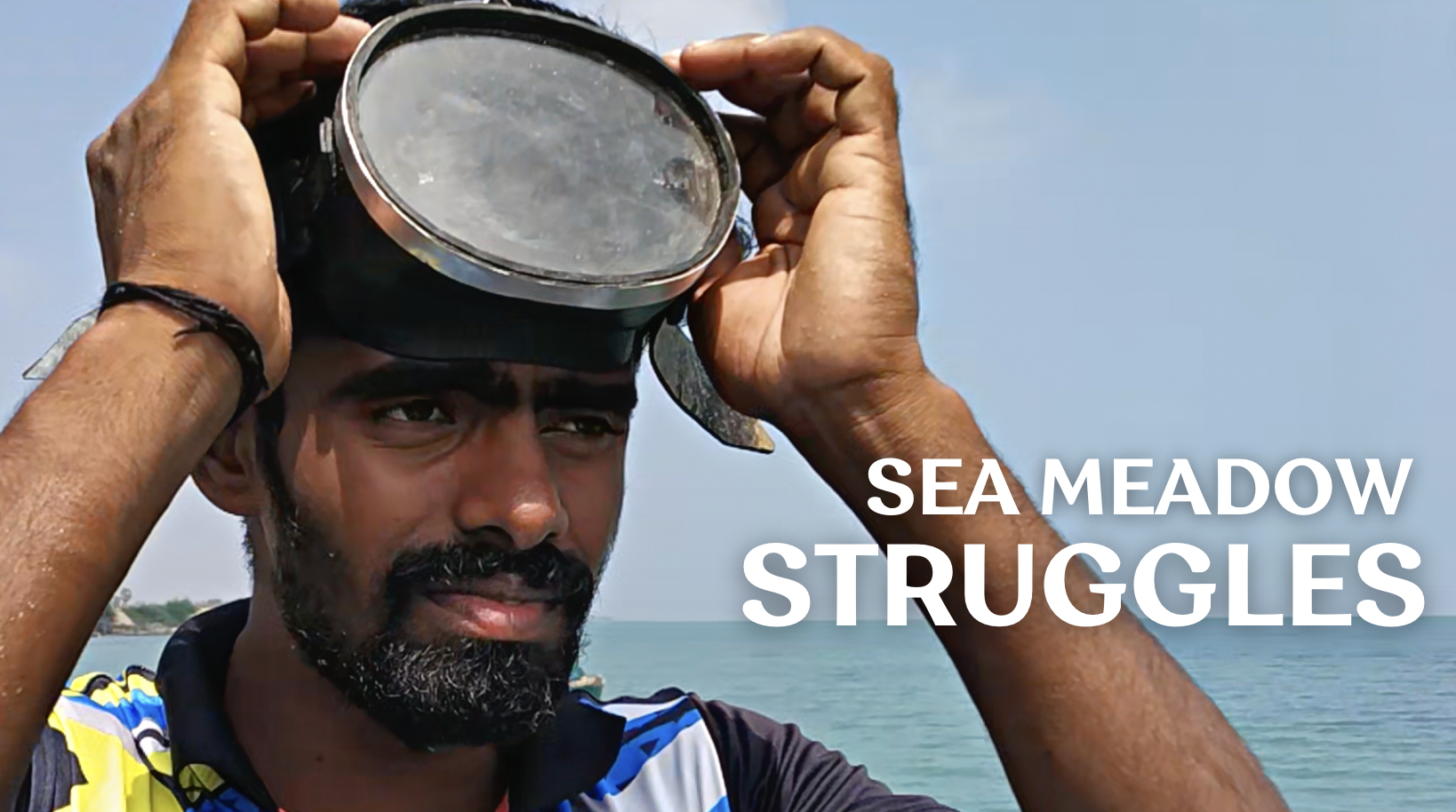
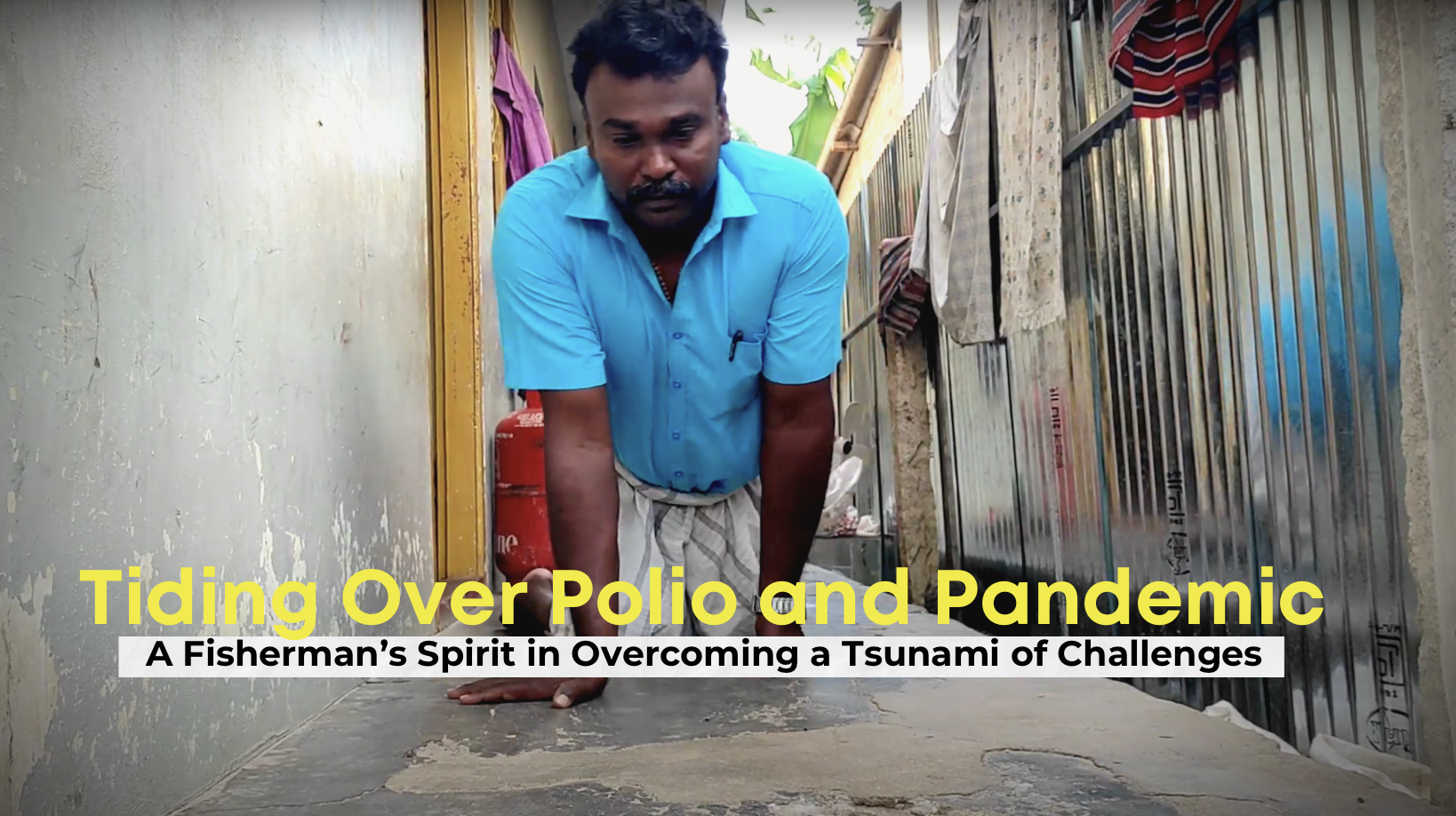
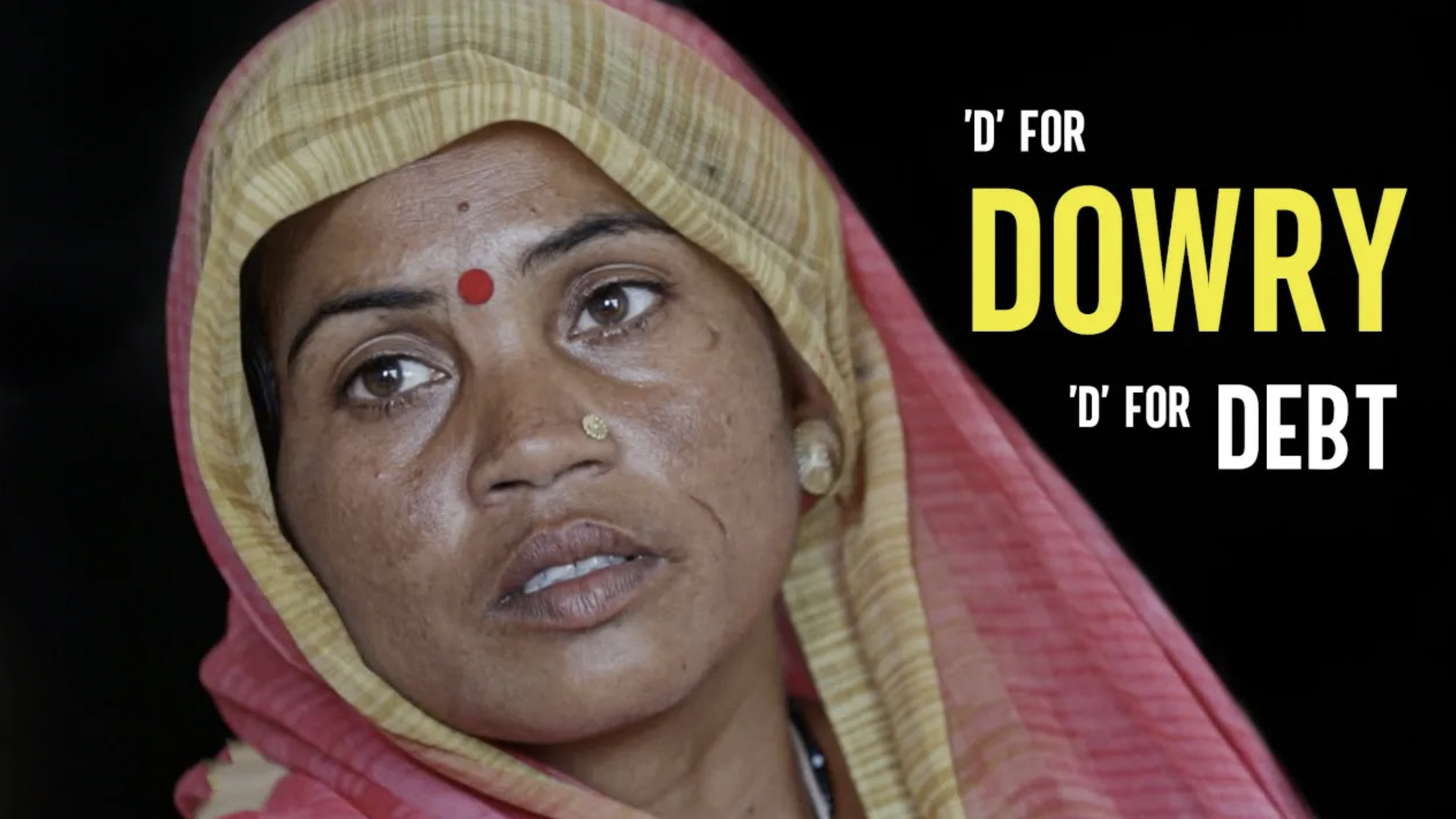
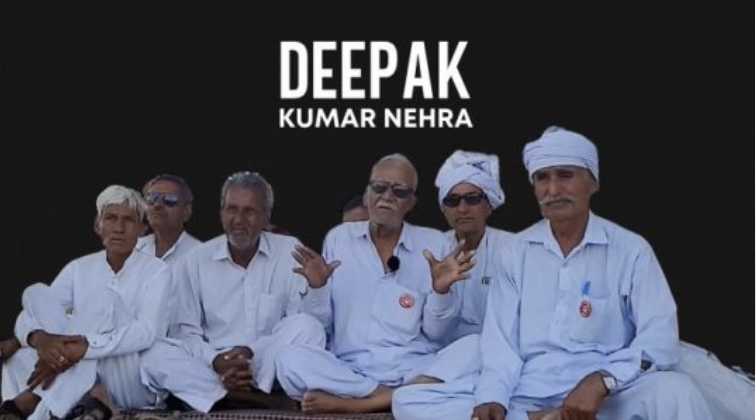











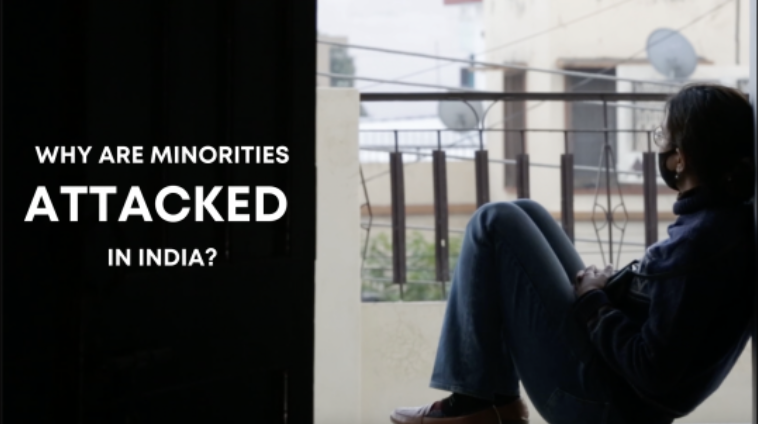
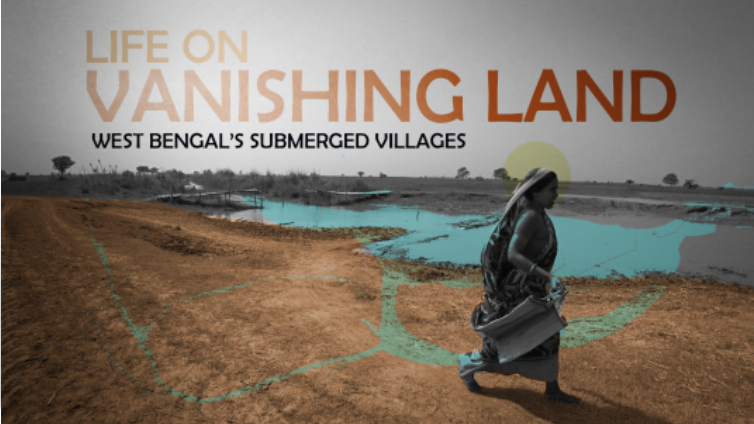
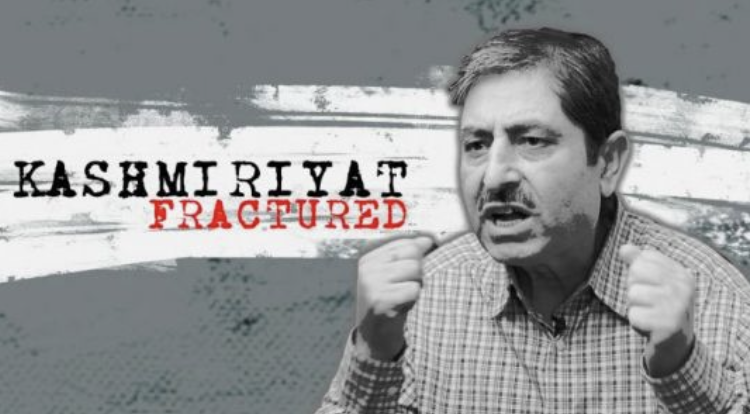

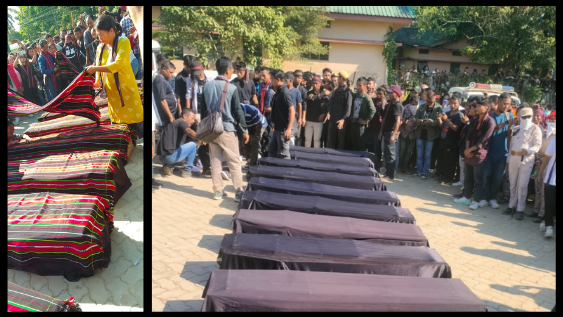


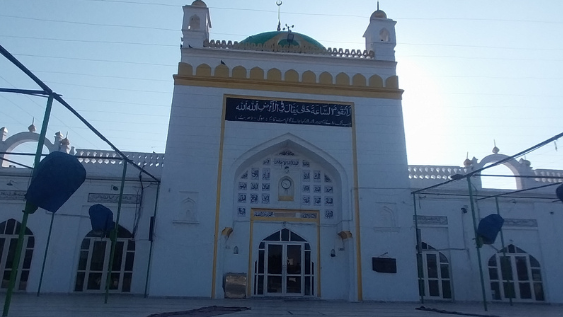
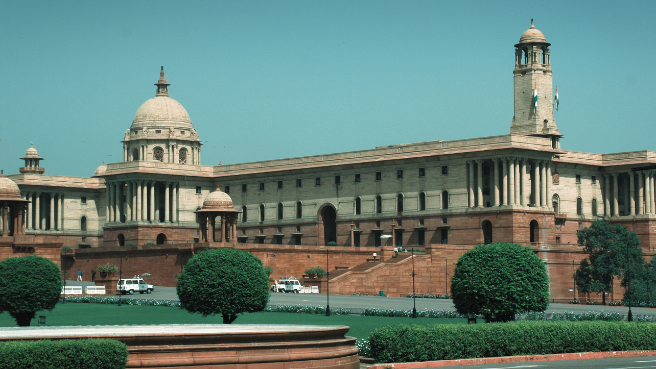
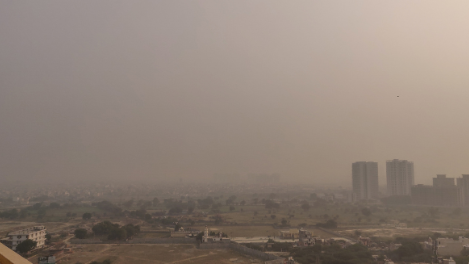
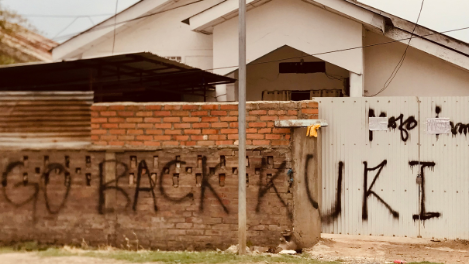

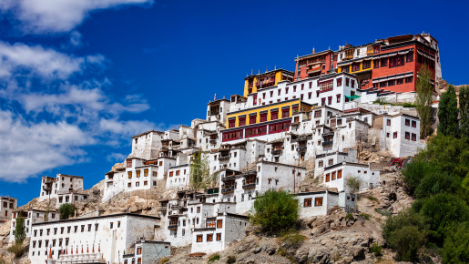
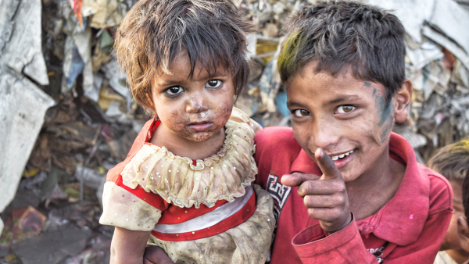
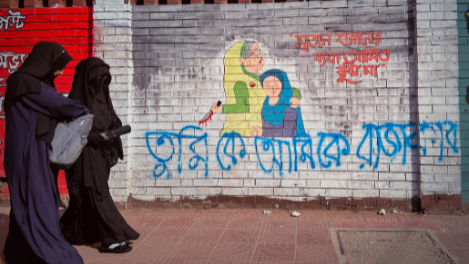

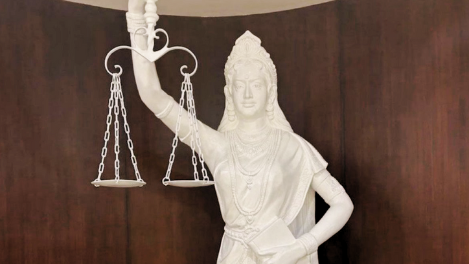
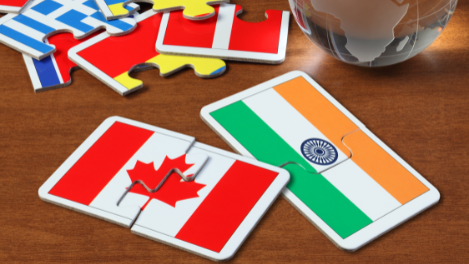
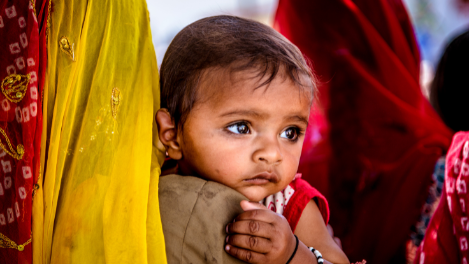
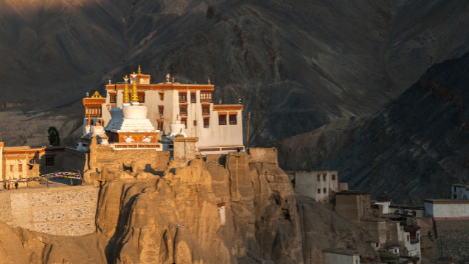


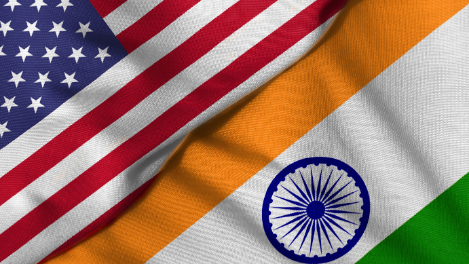


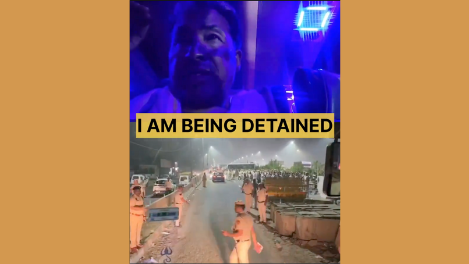


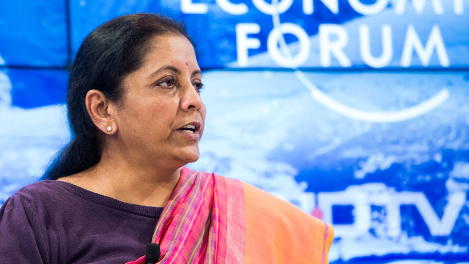
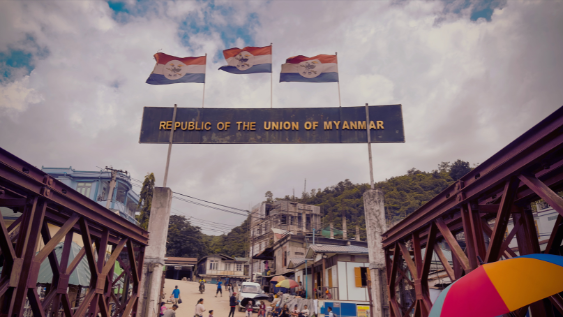
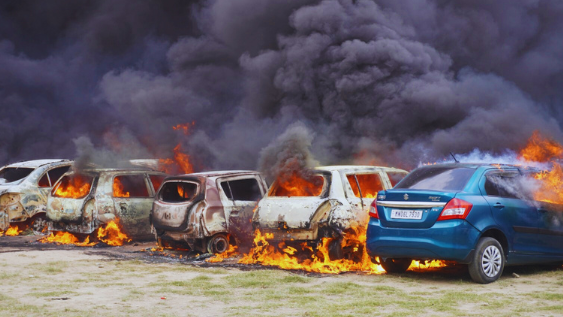
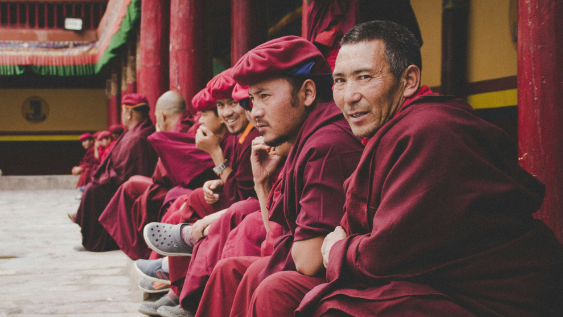





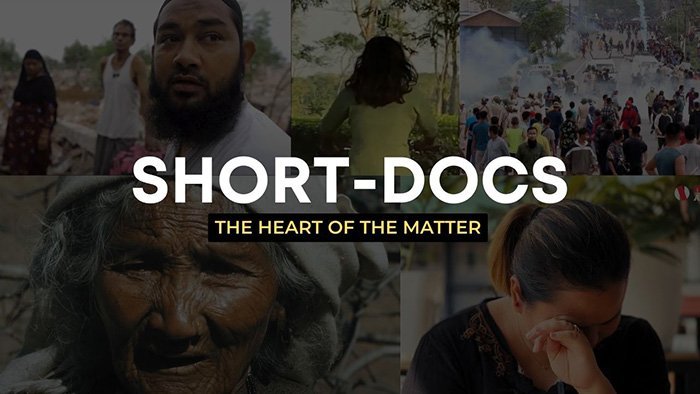


In January 2020, Swagata Majumdar faced the unimaginable grief of losing her twins. The grief of losing her children became overwhelming. She also realized that child loss is a significant taboo in India, leading to the isolation of bereaved mothers. Determined to challenge this stigma and support others, Swagata, along with her friends, started a support group for mothers who have lost a child. Today, Swagata has found healing and is now living with a happy family.